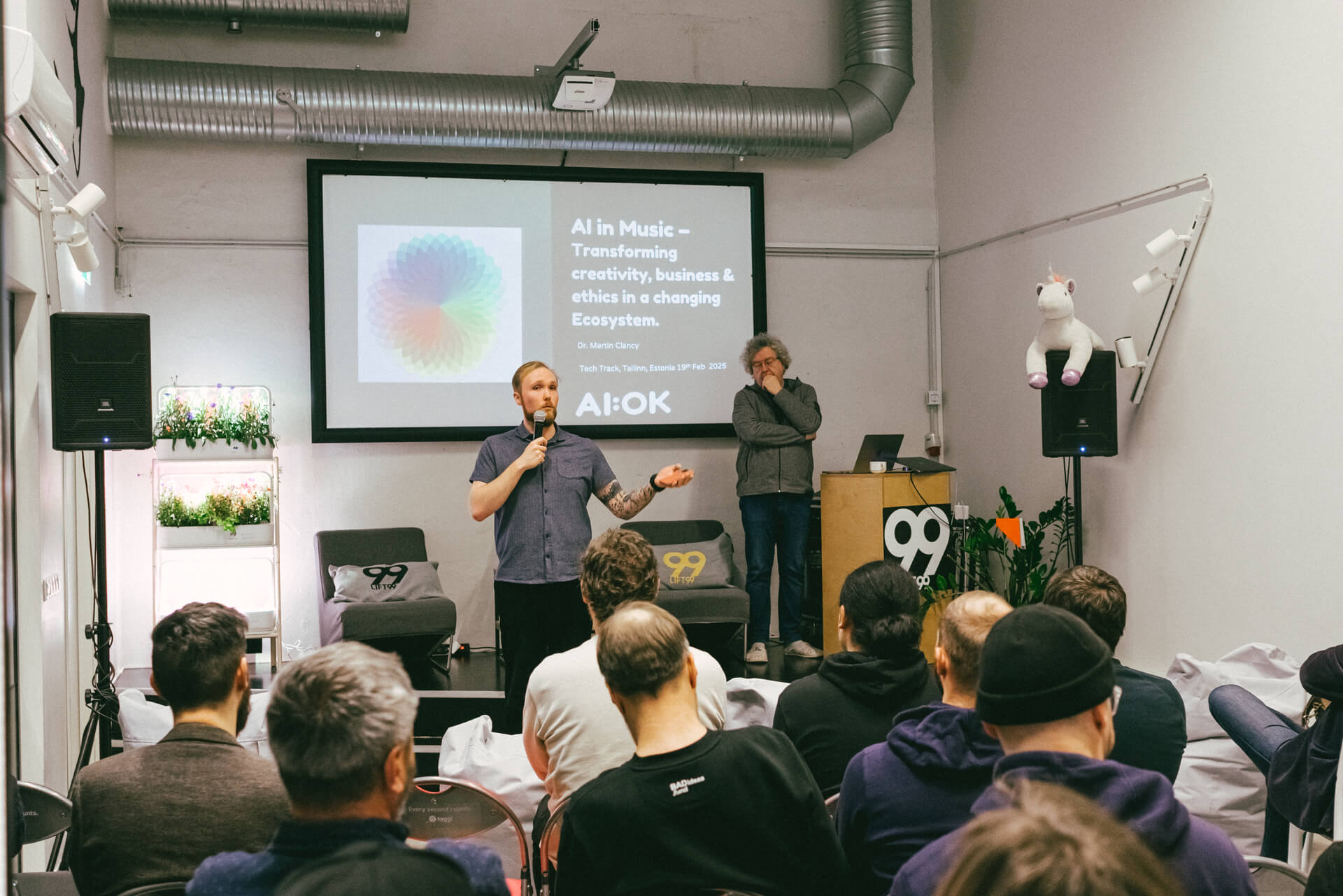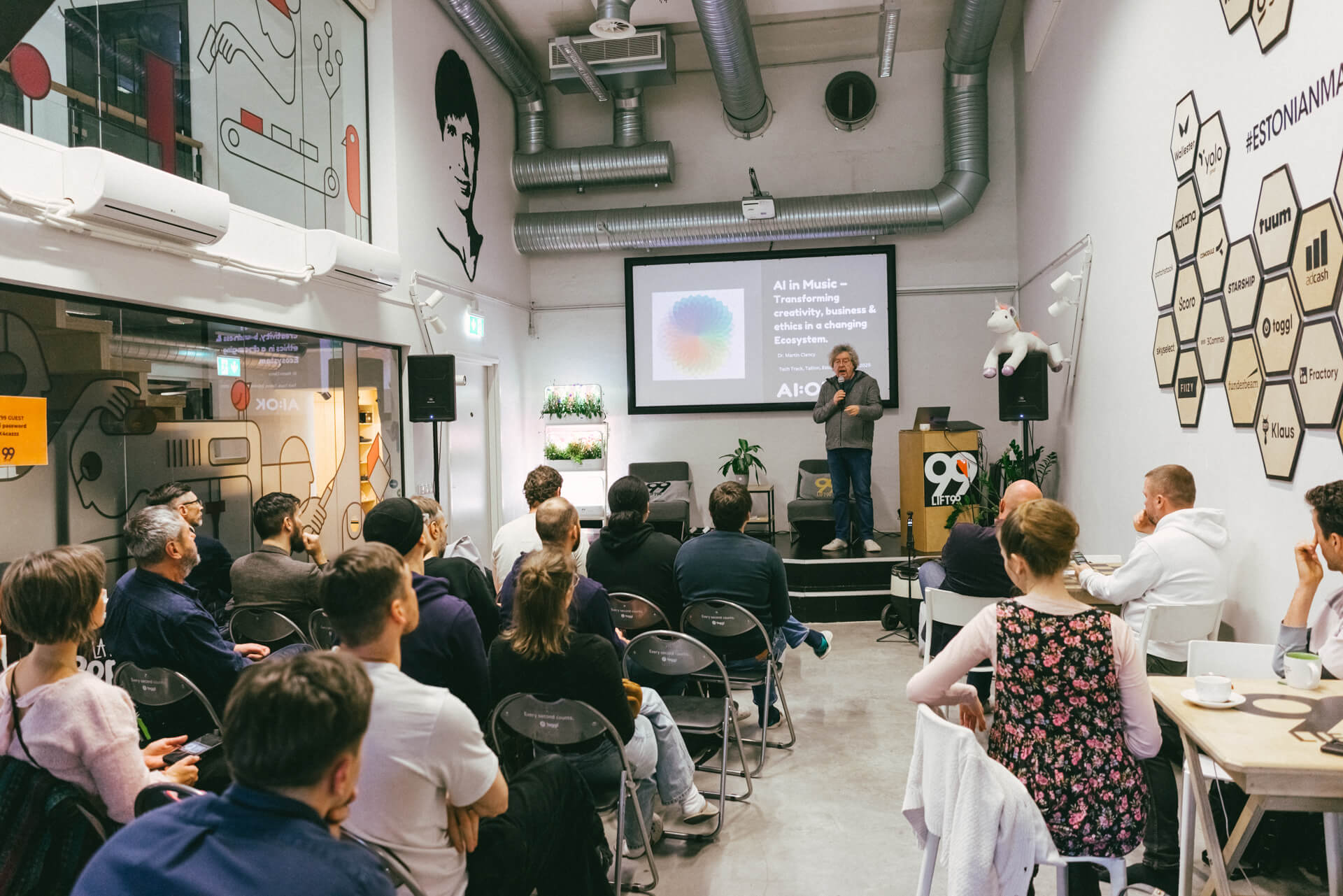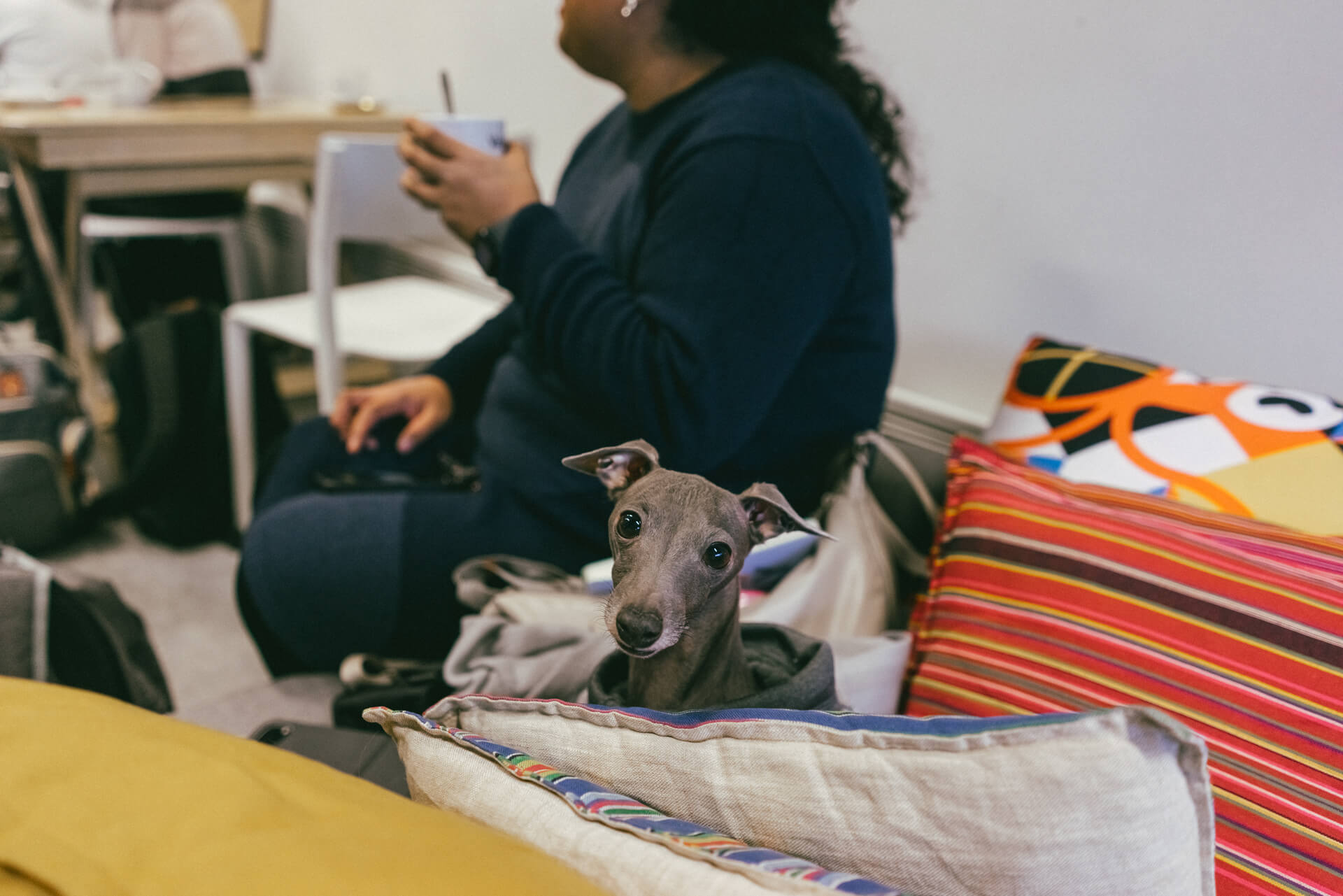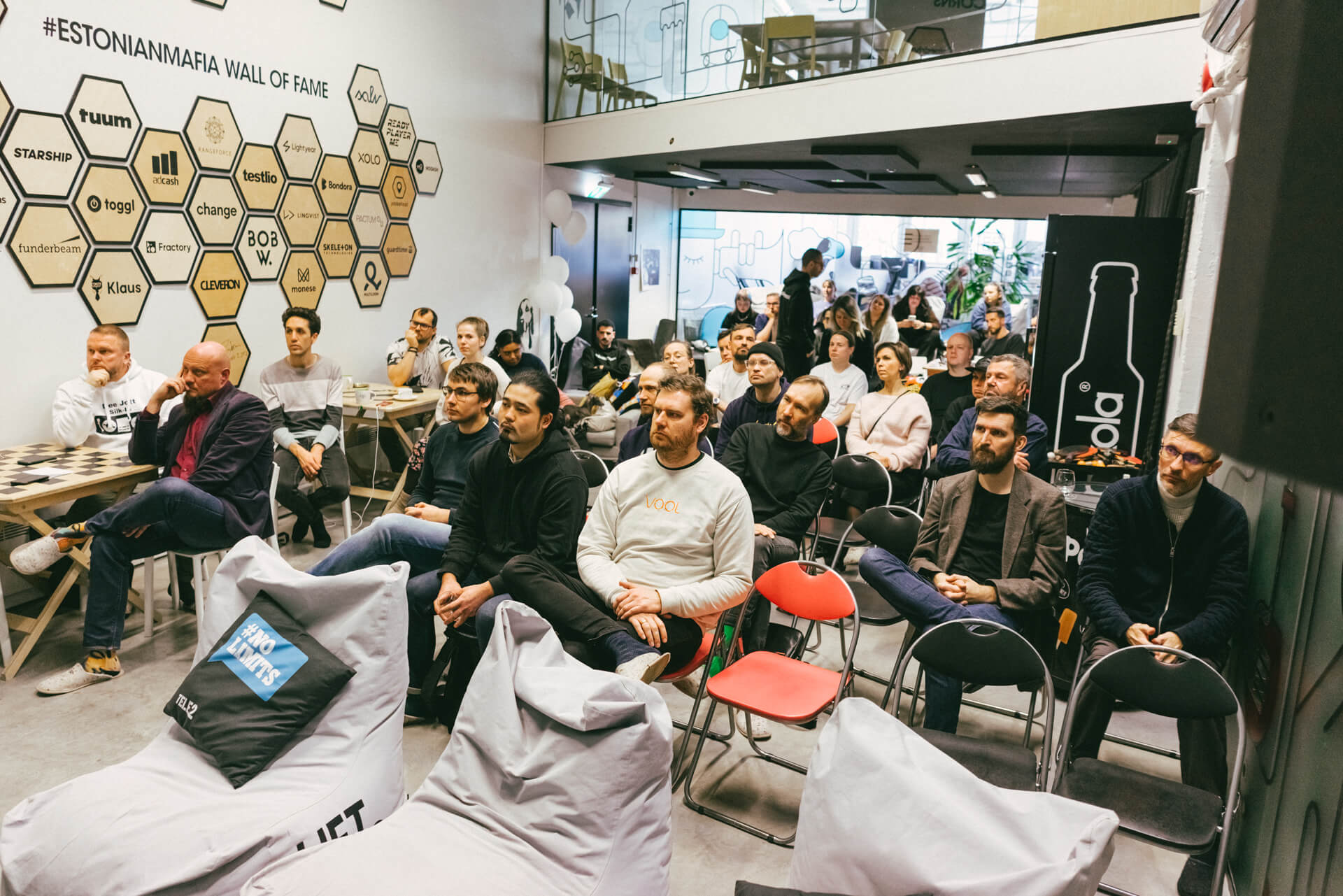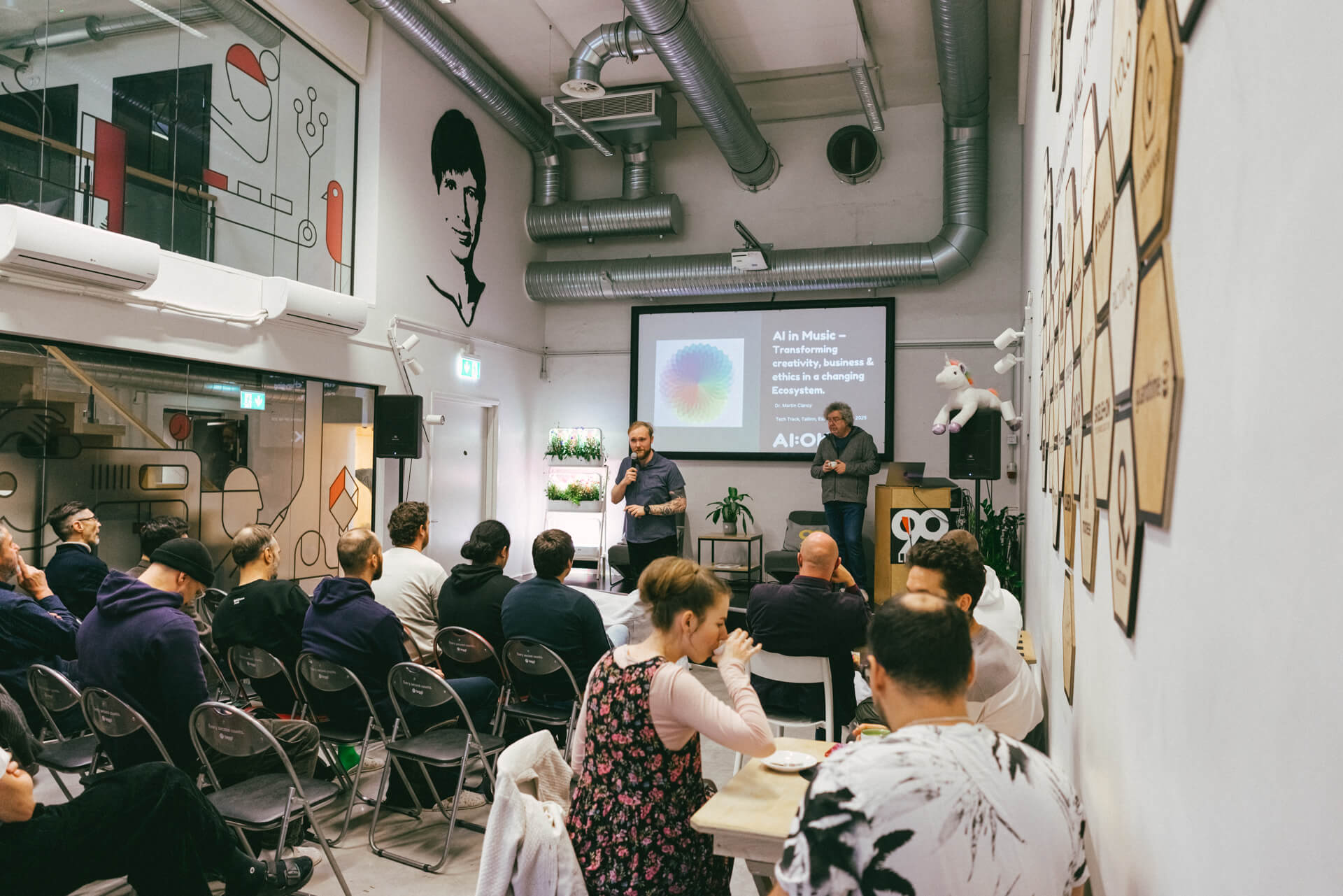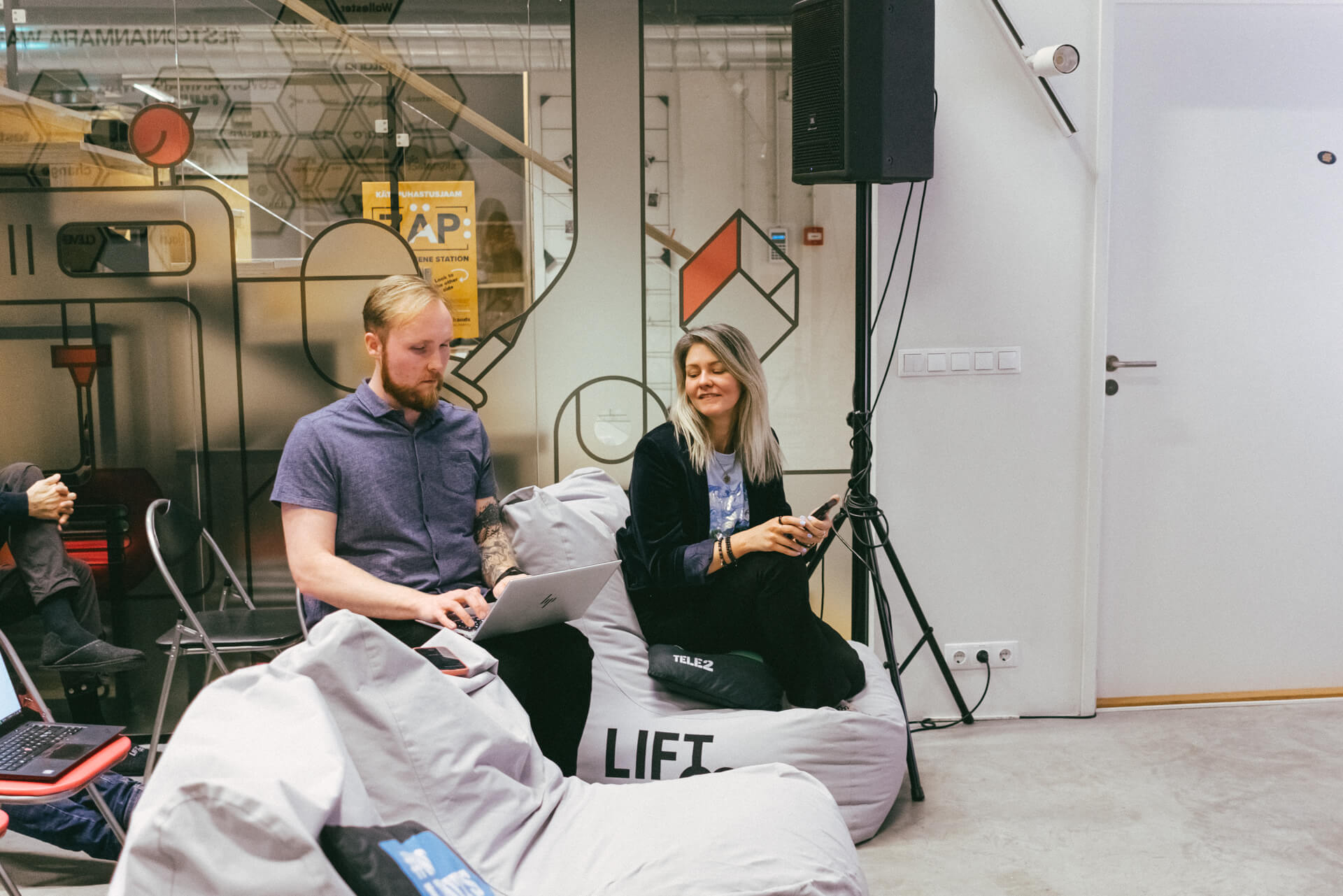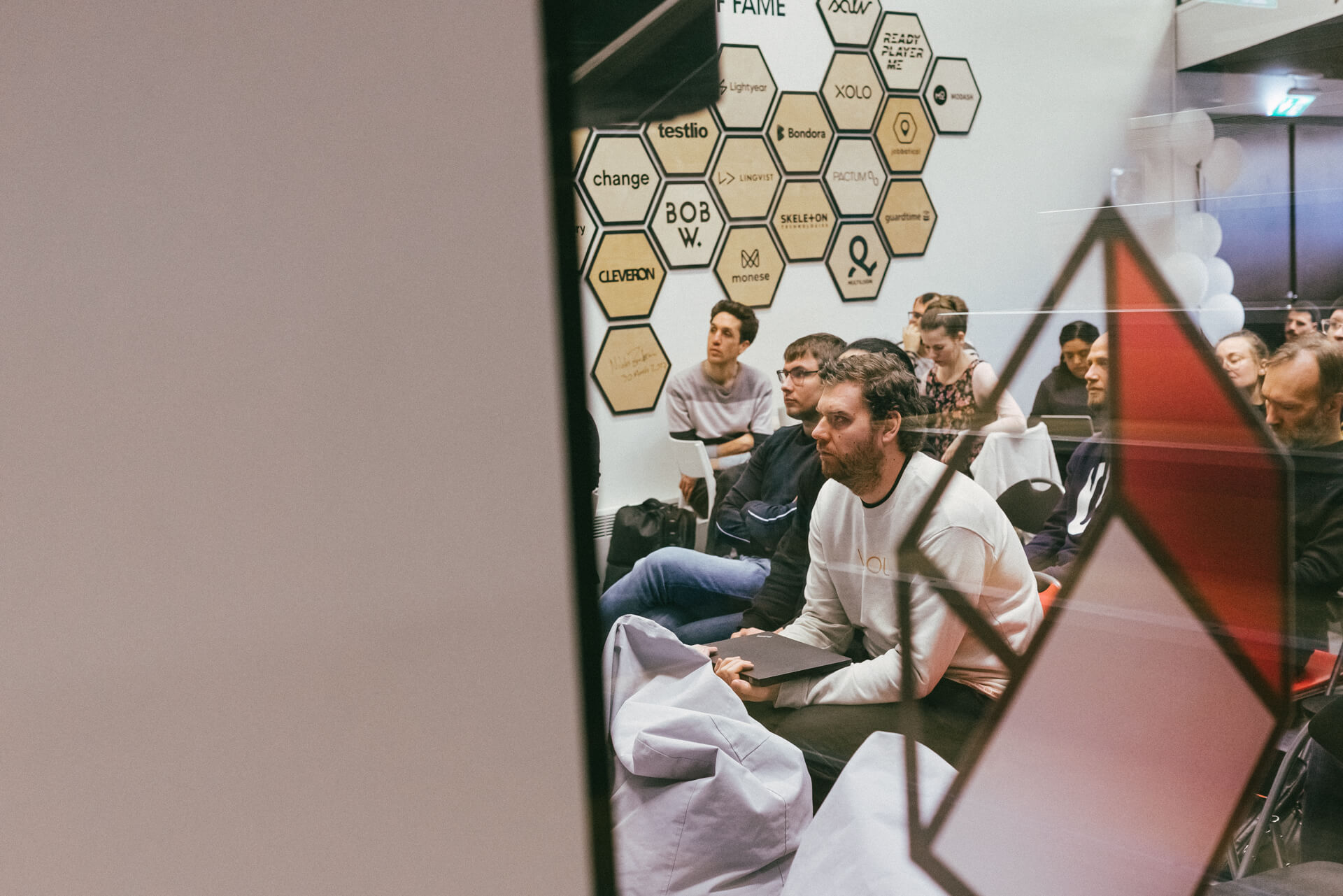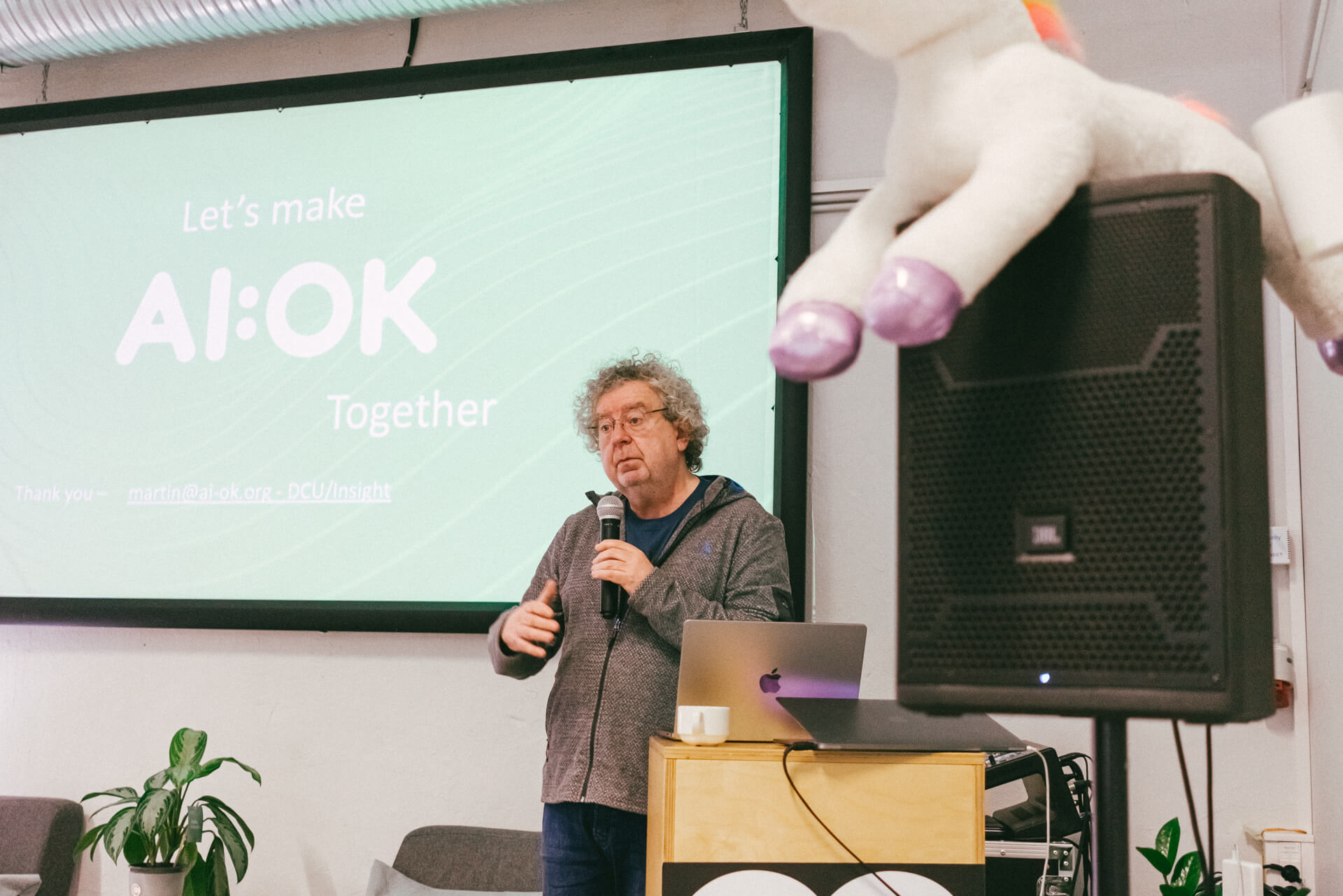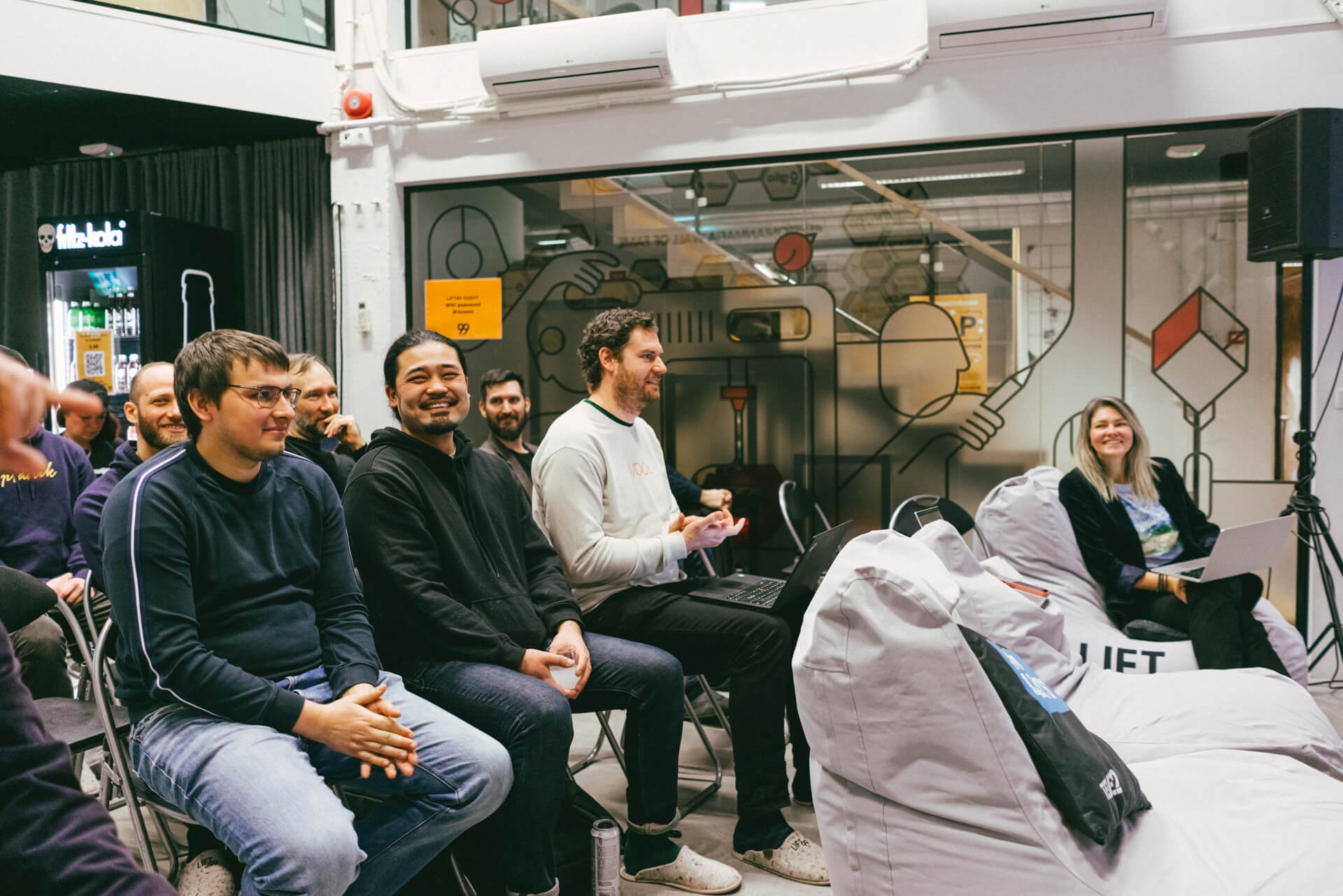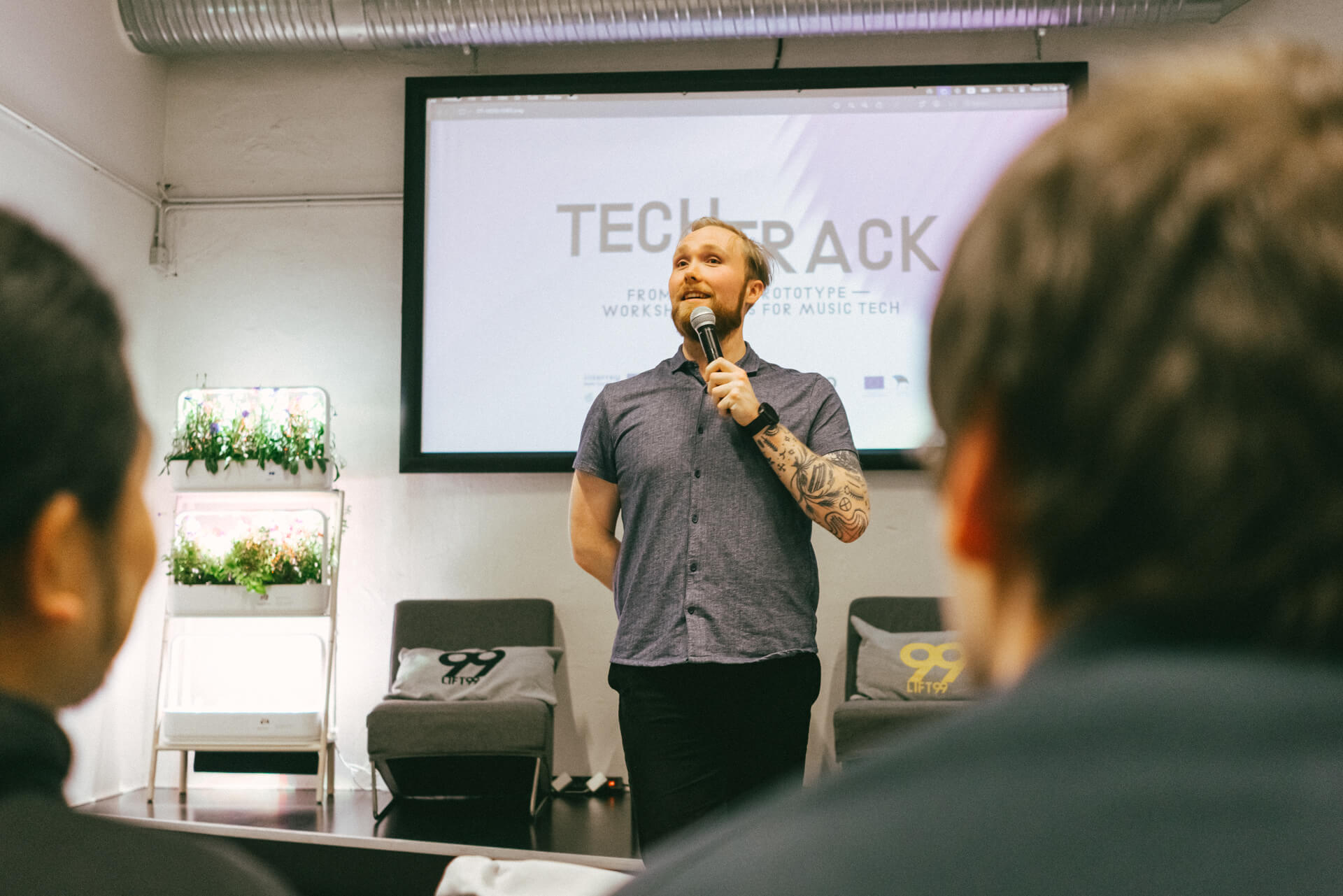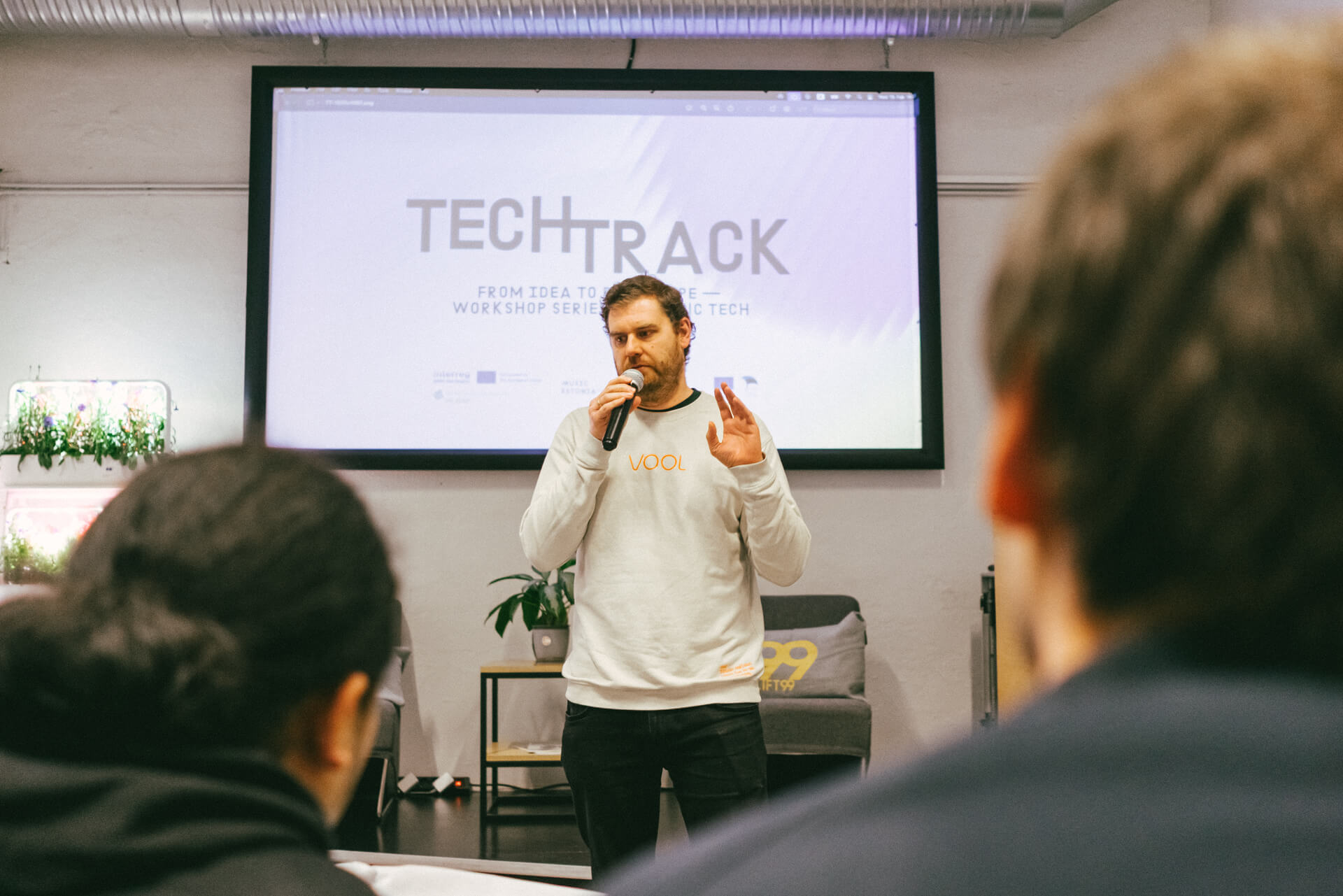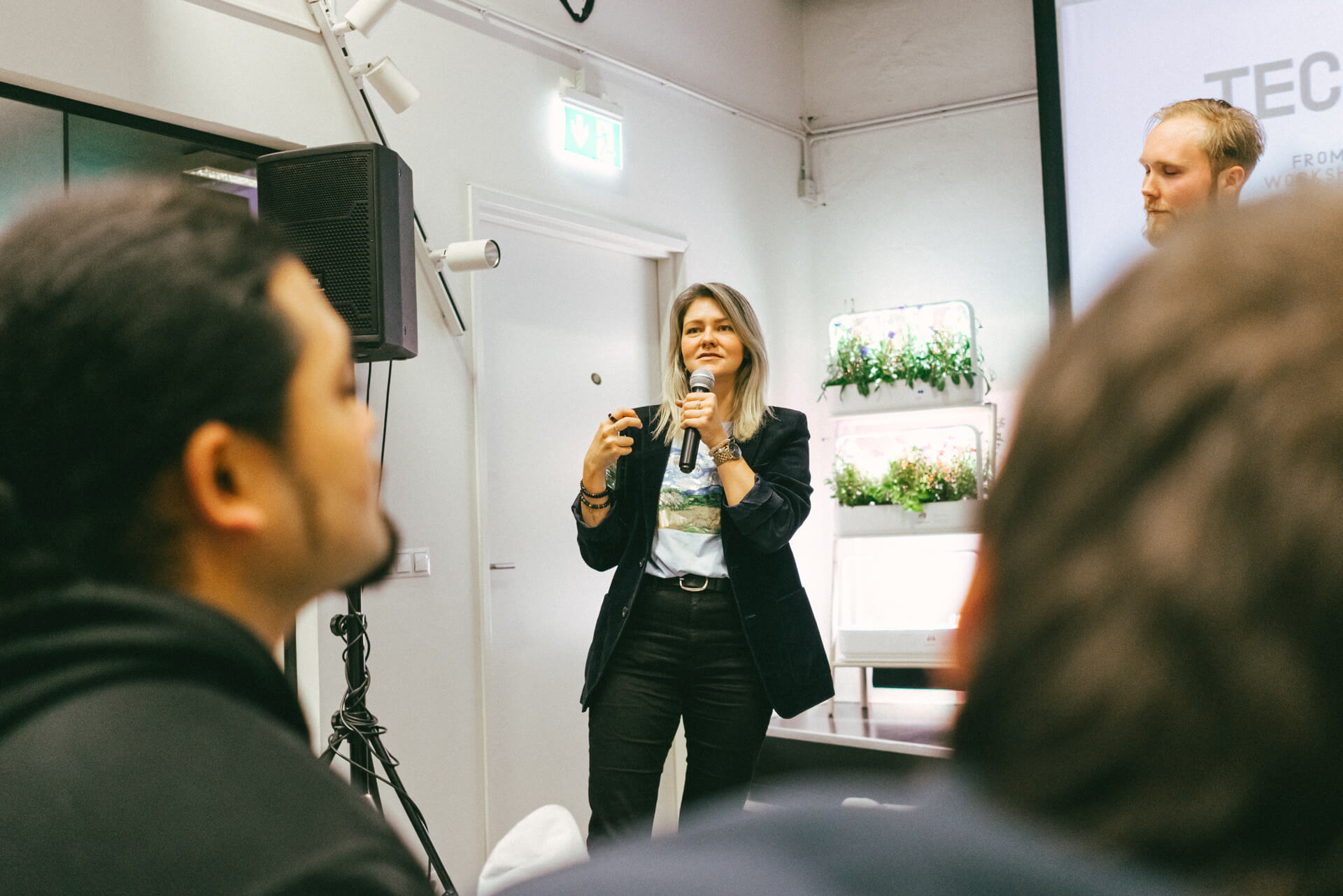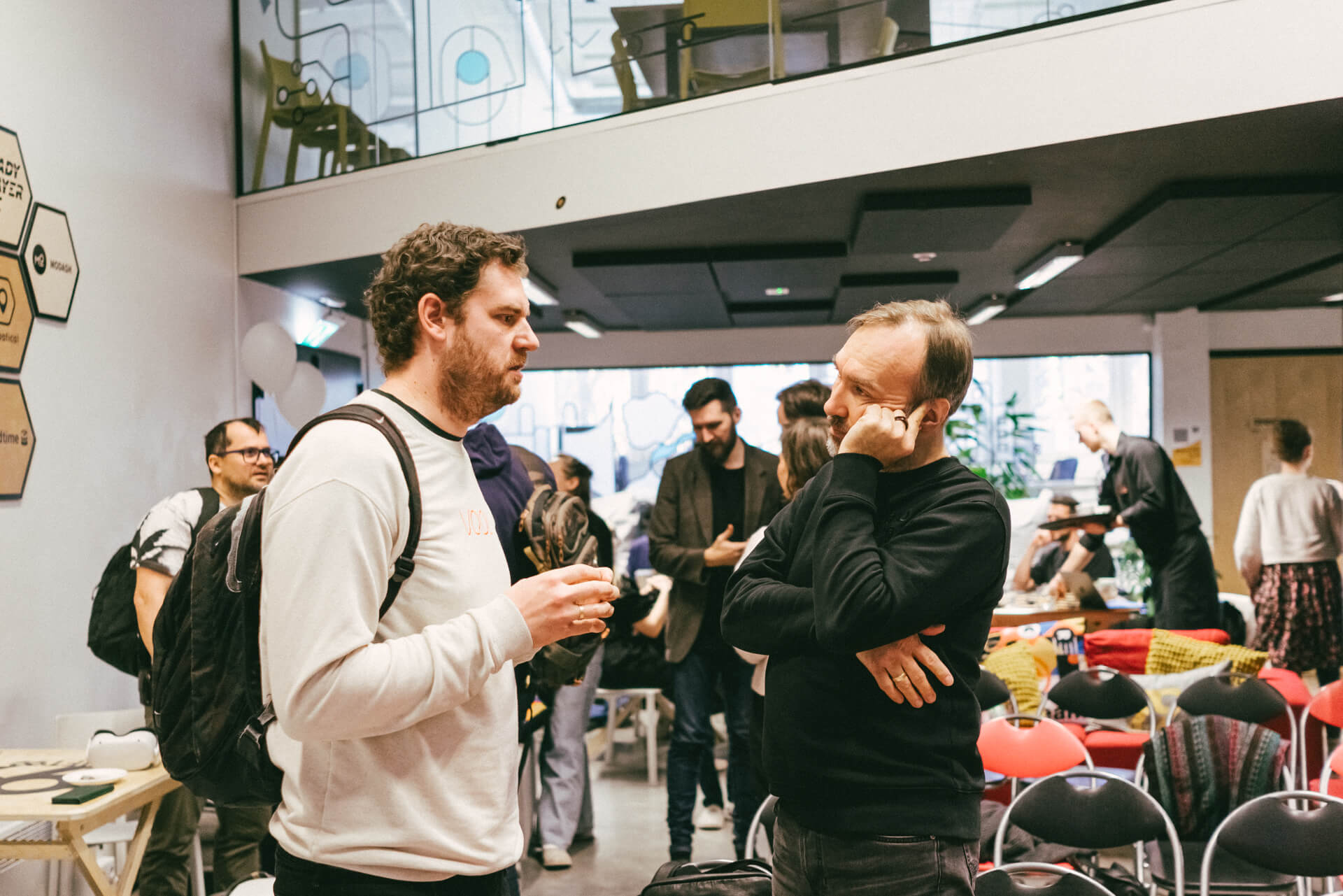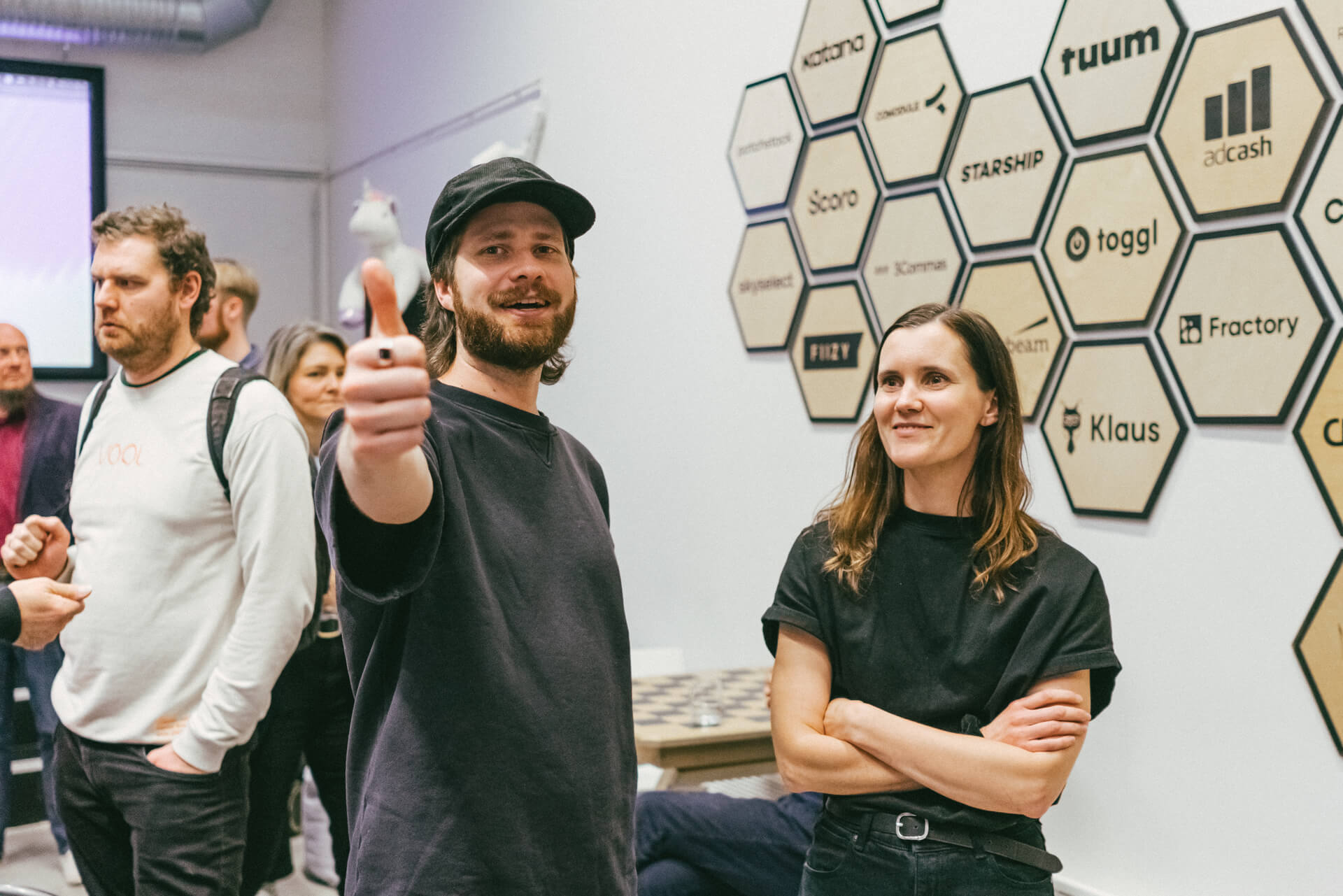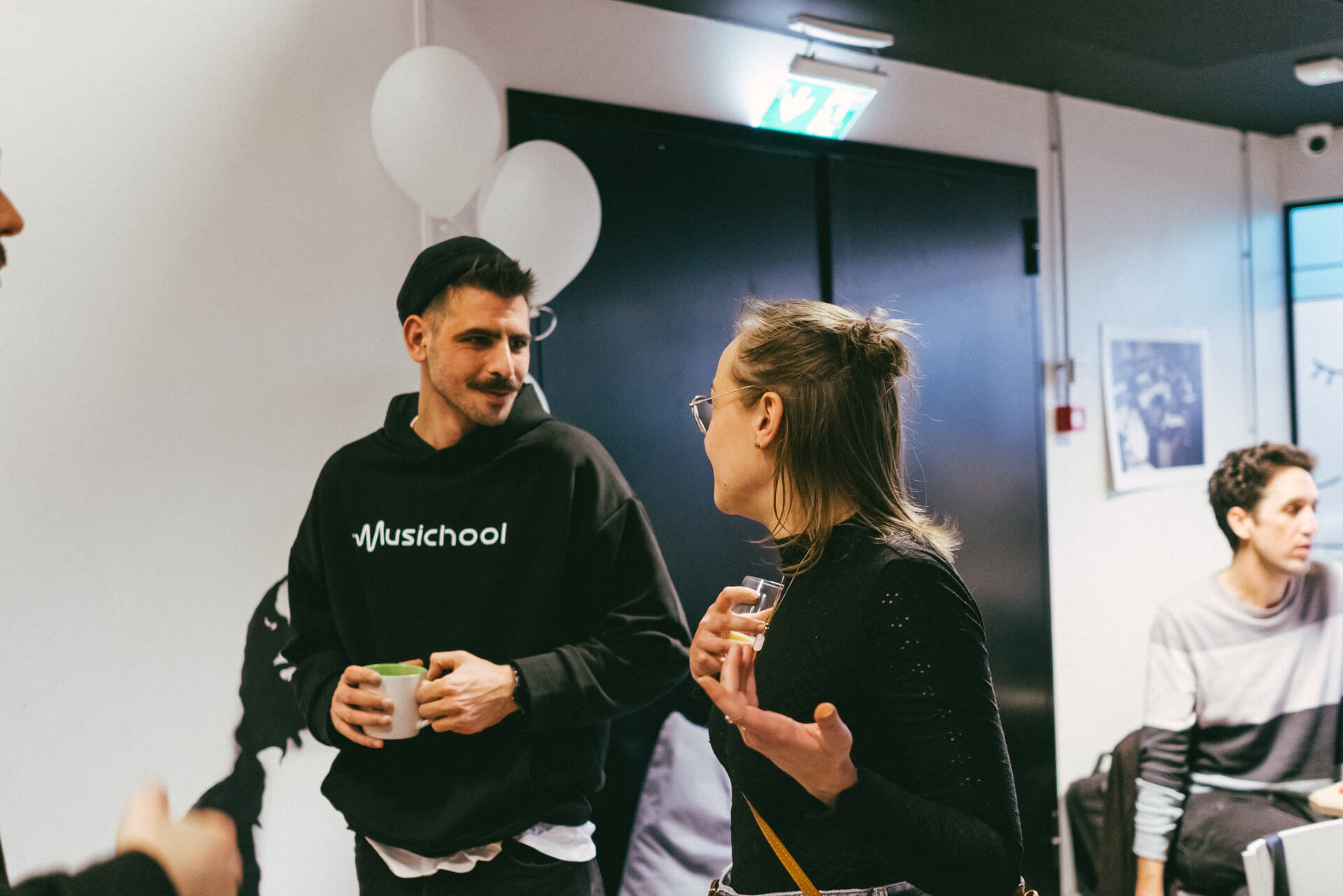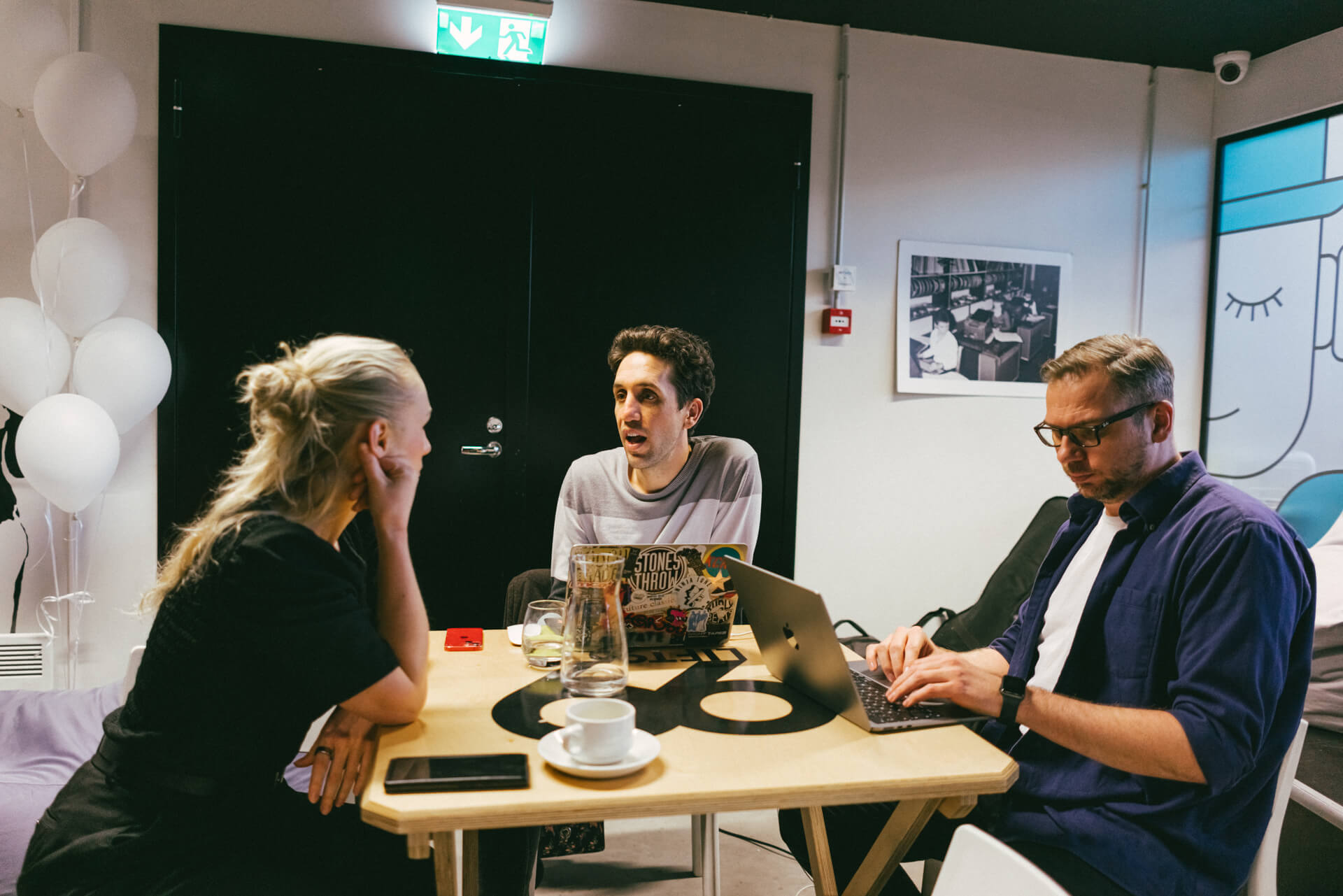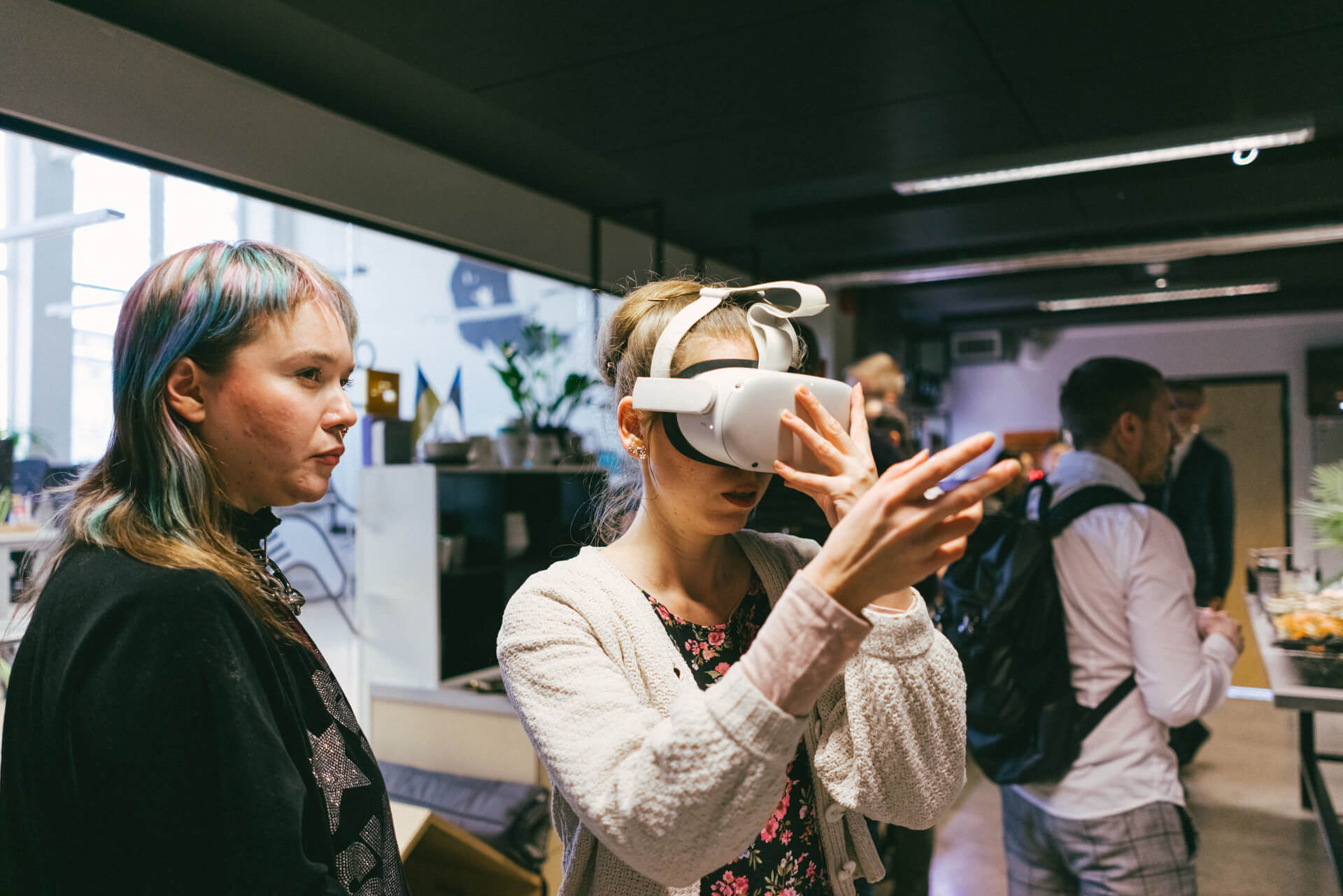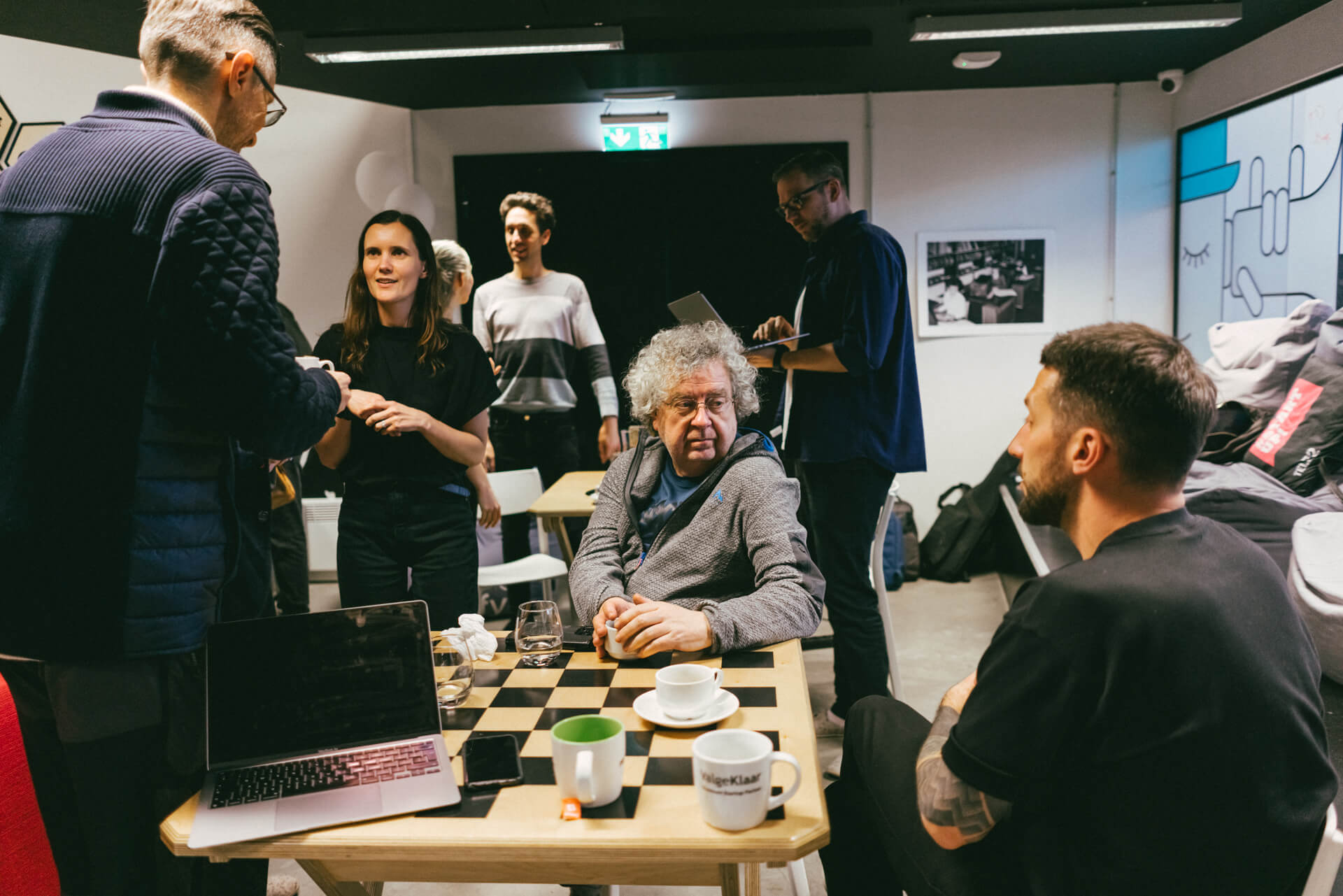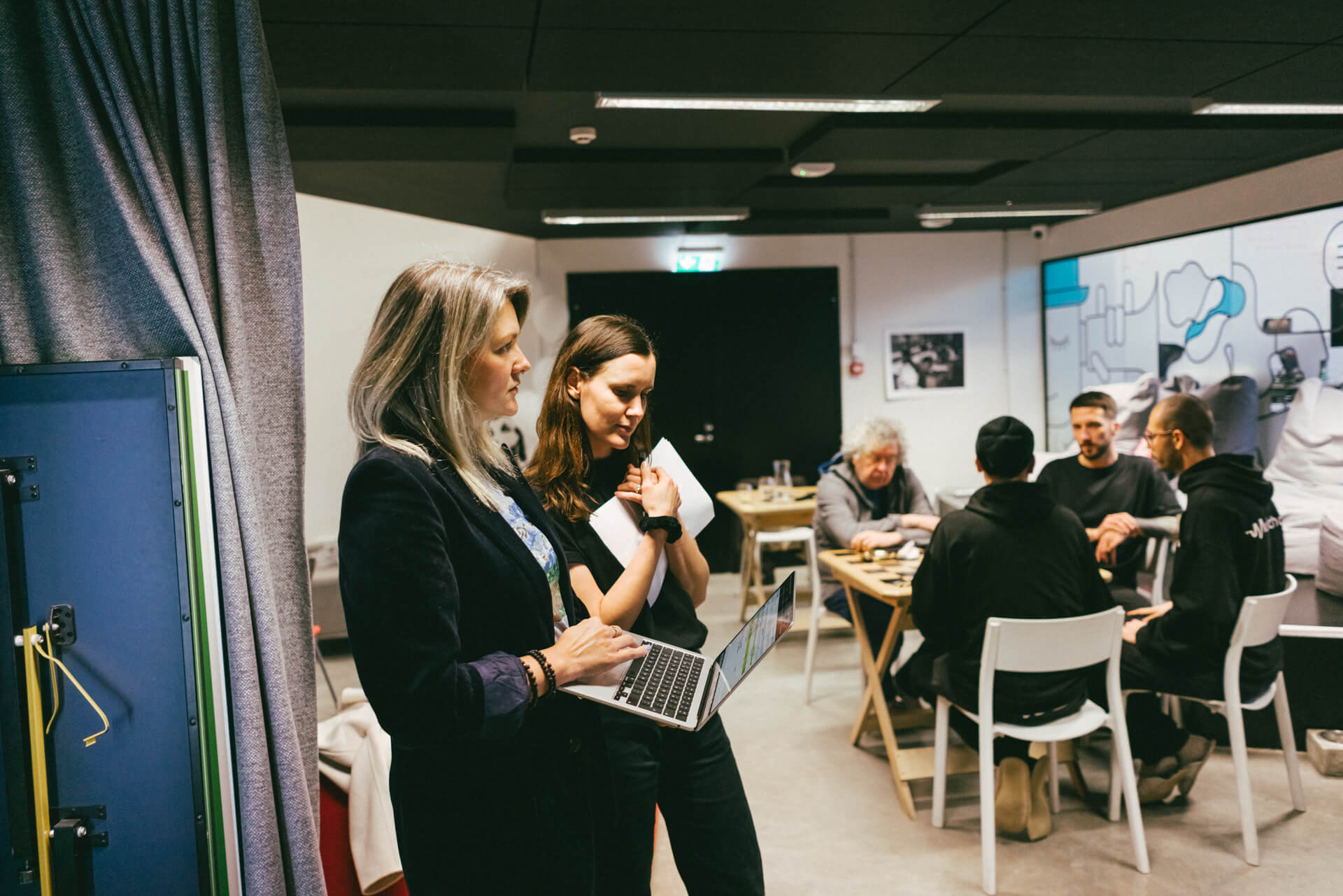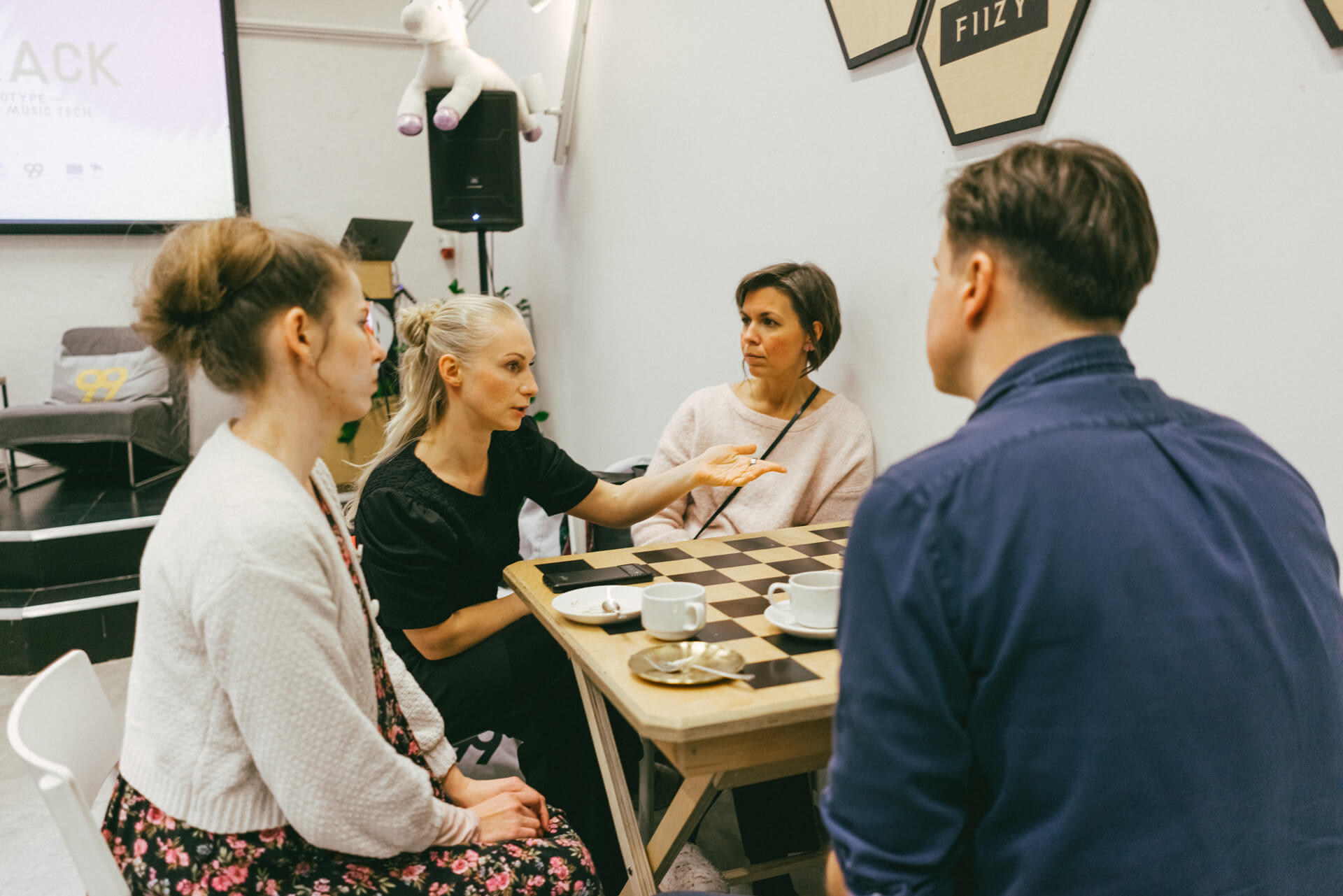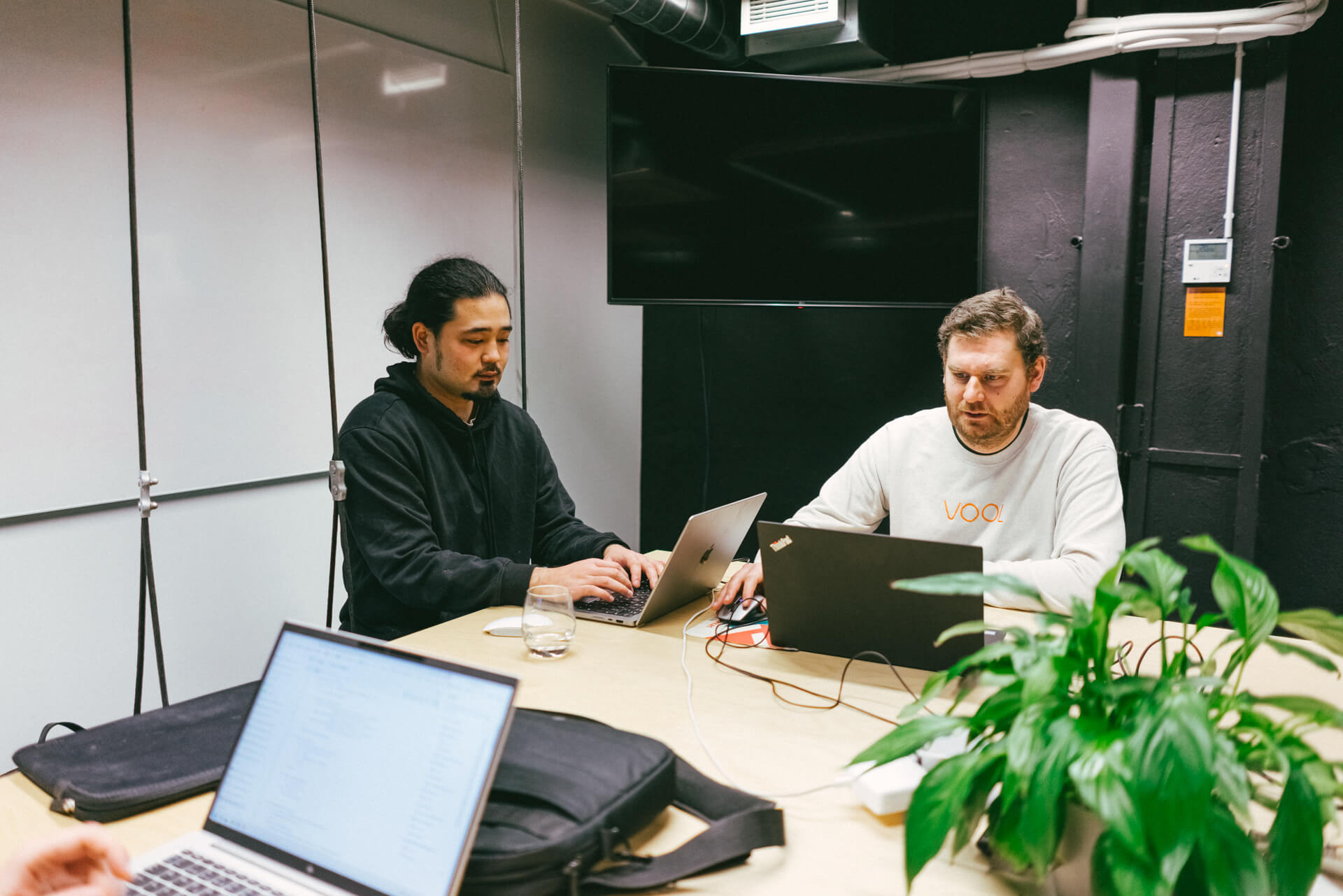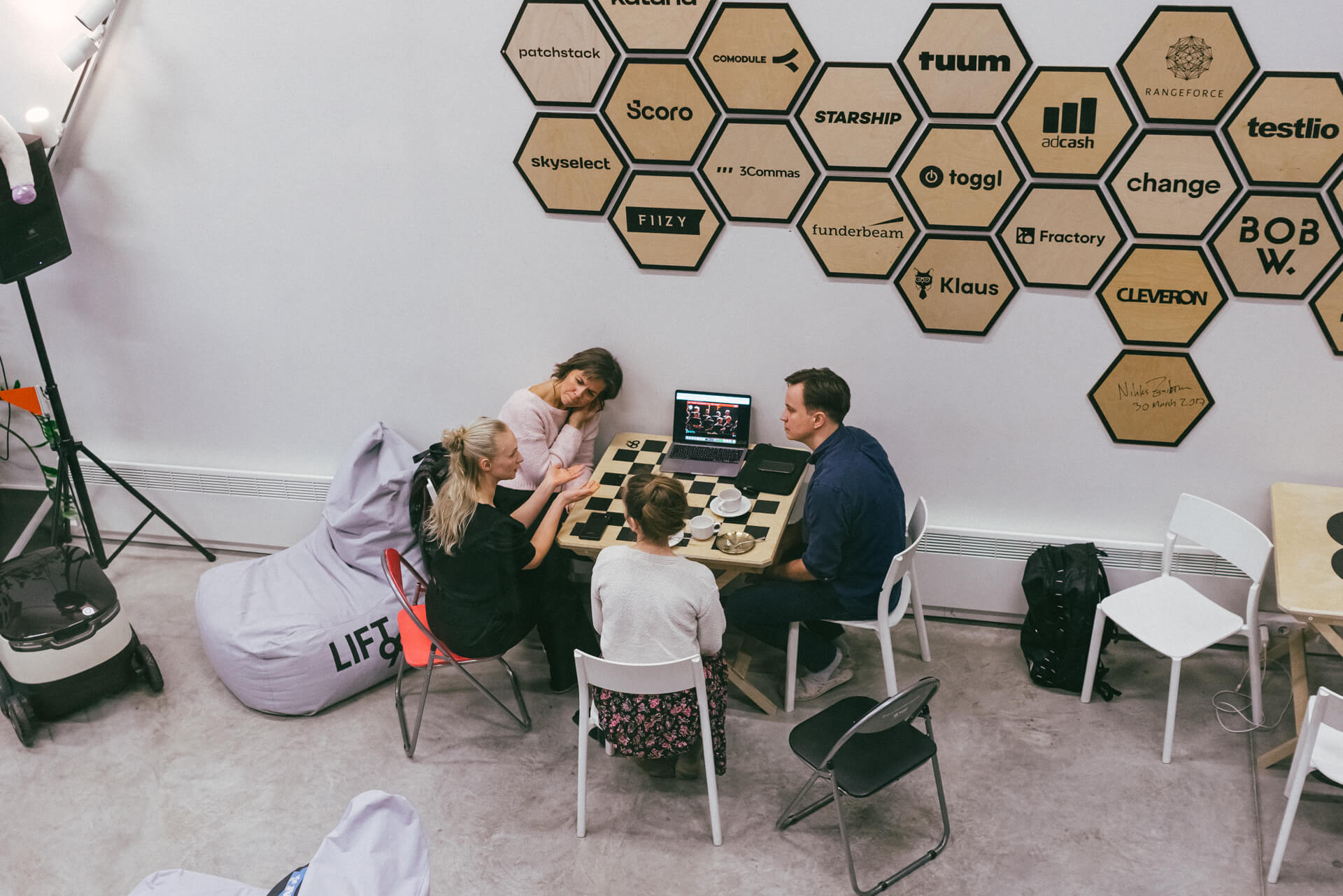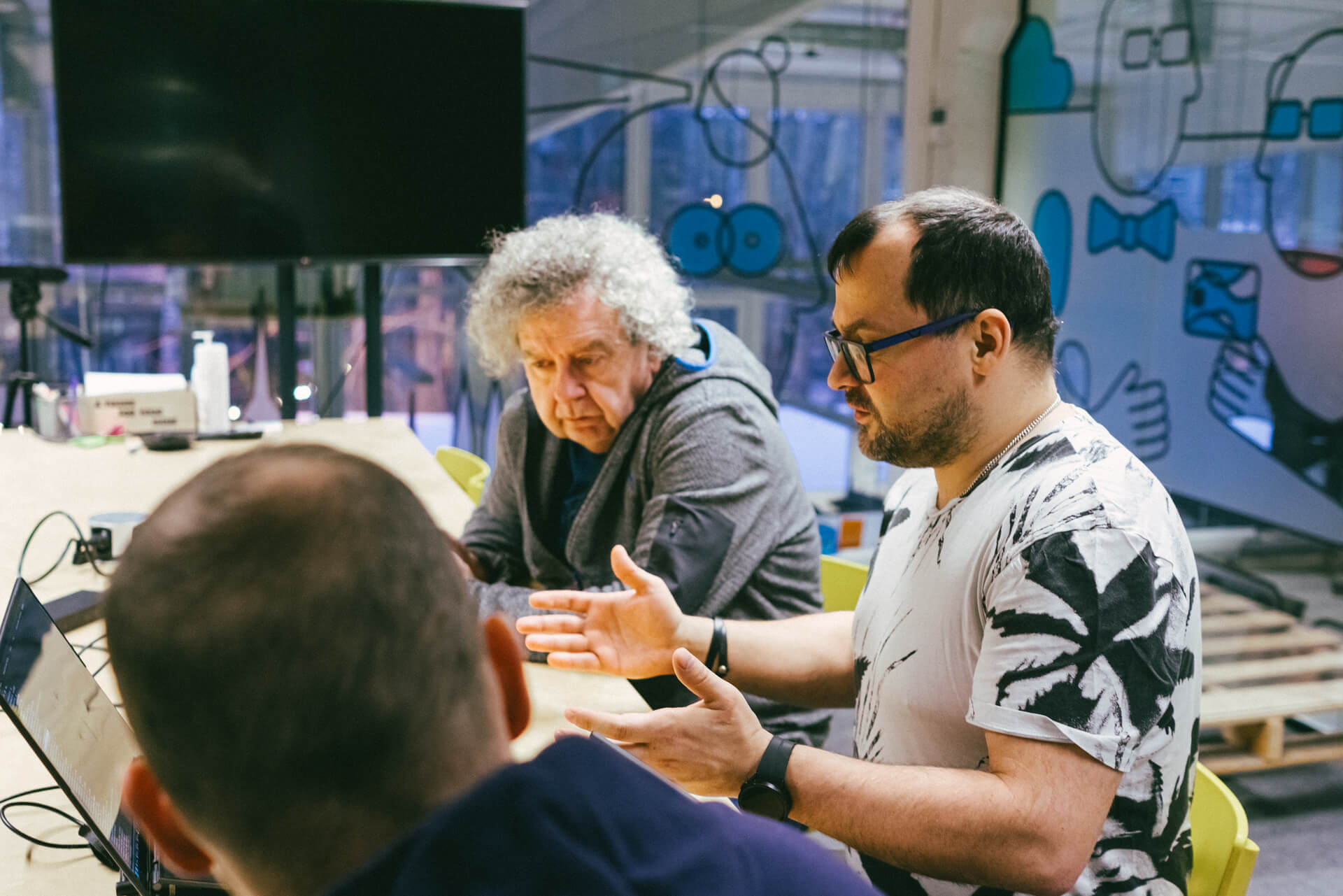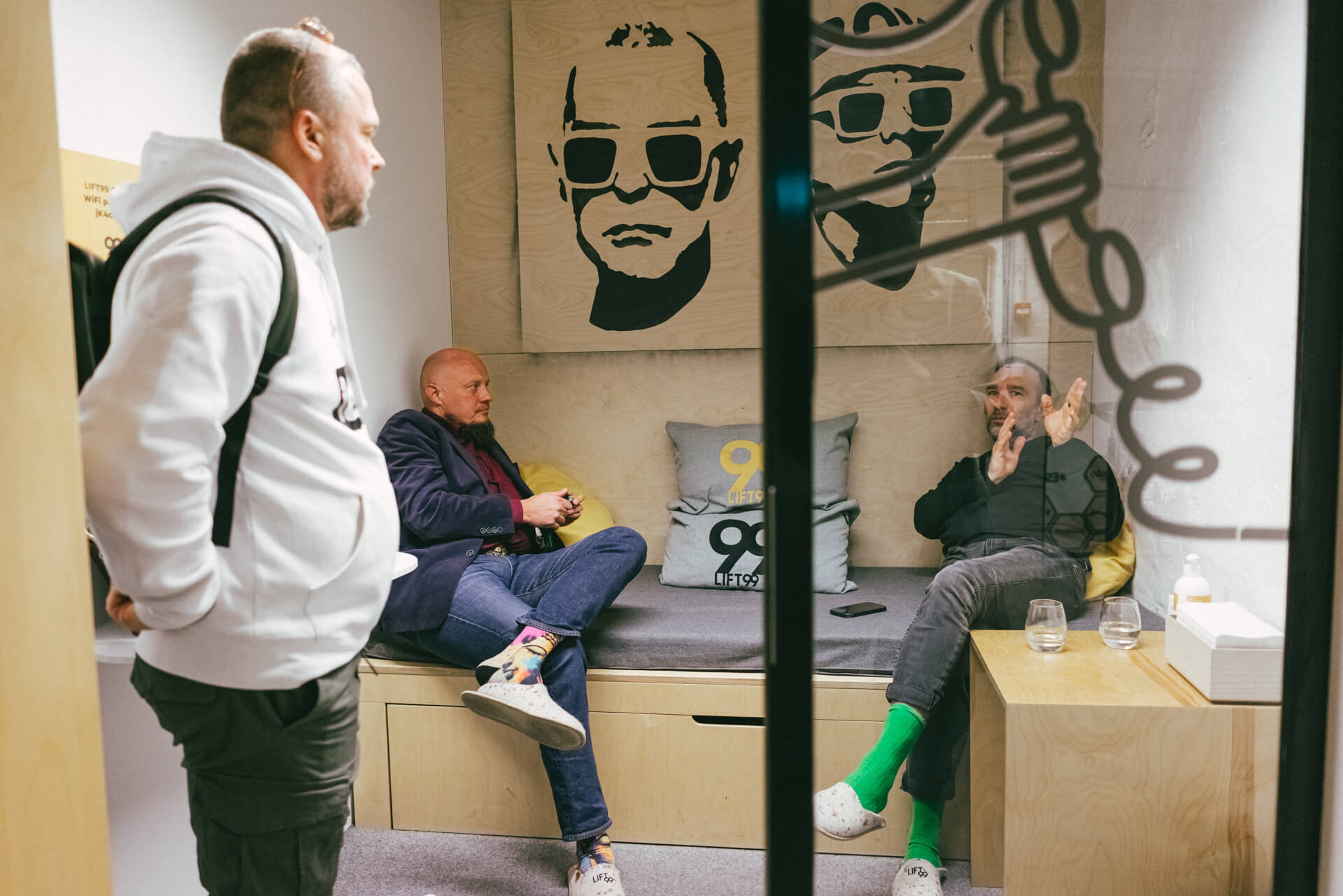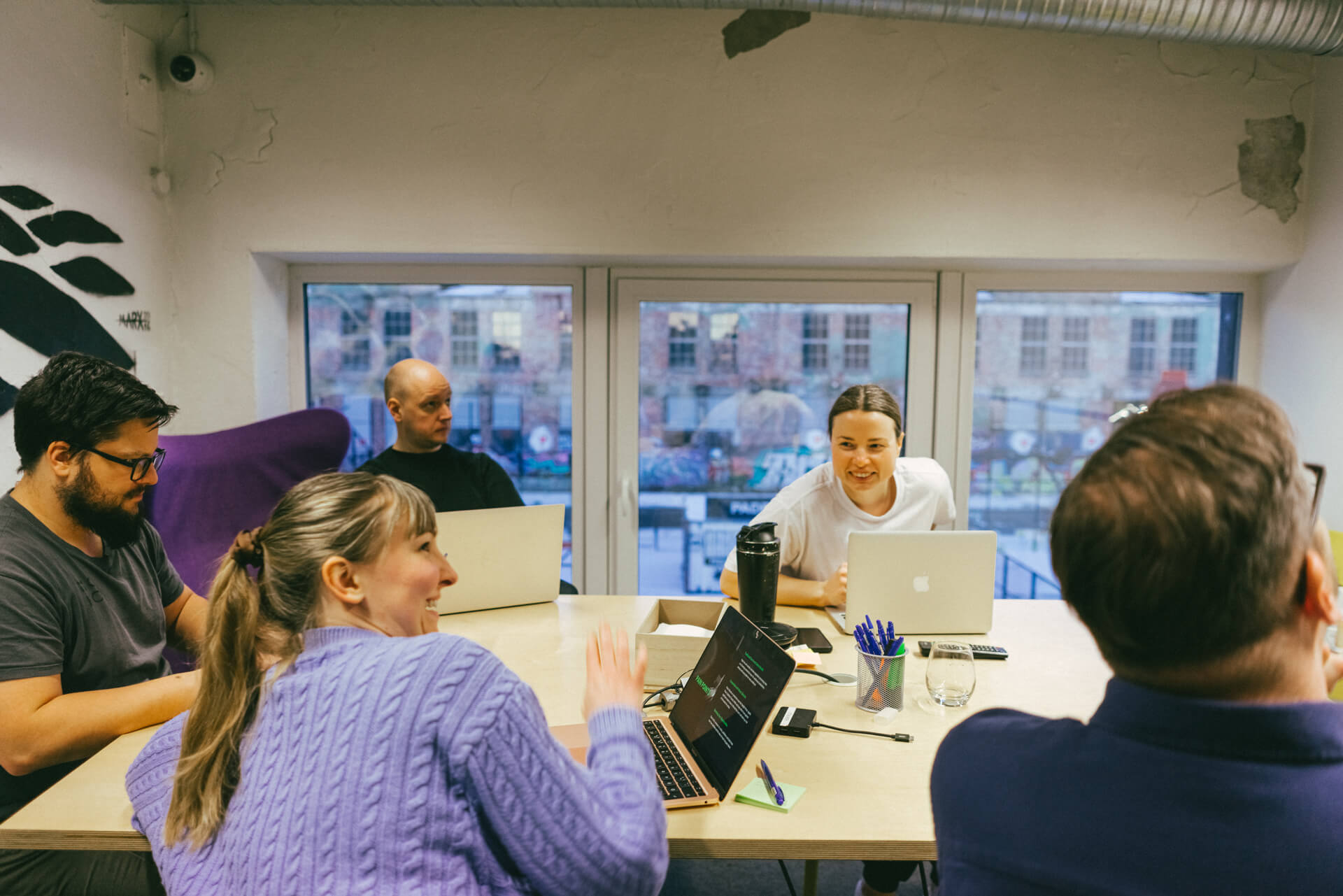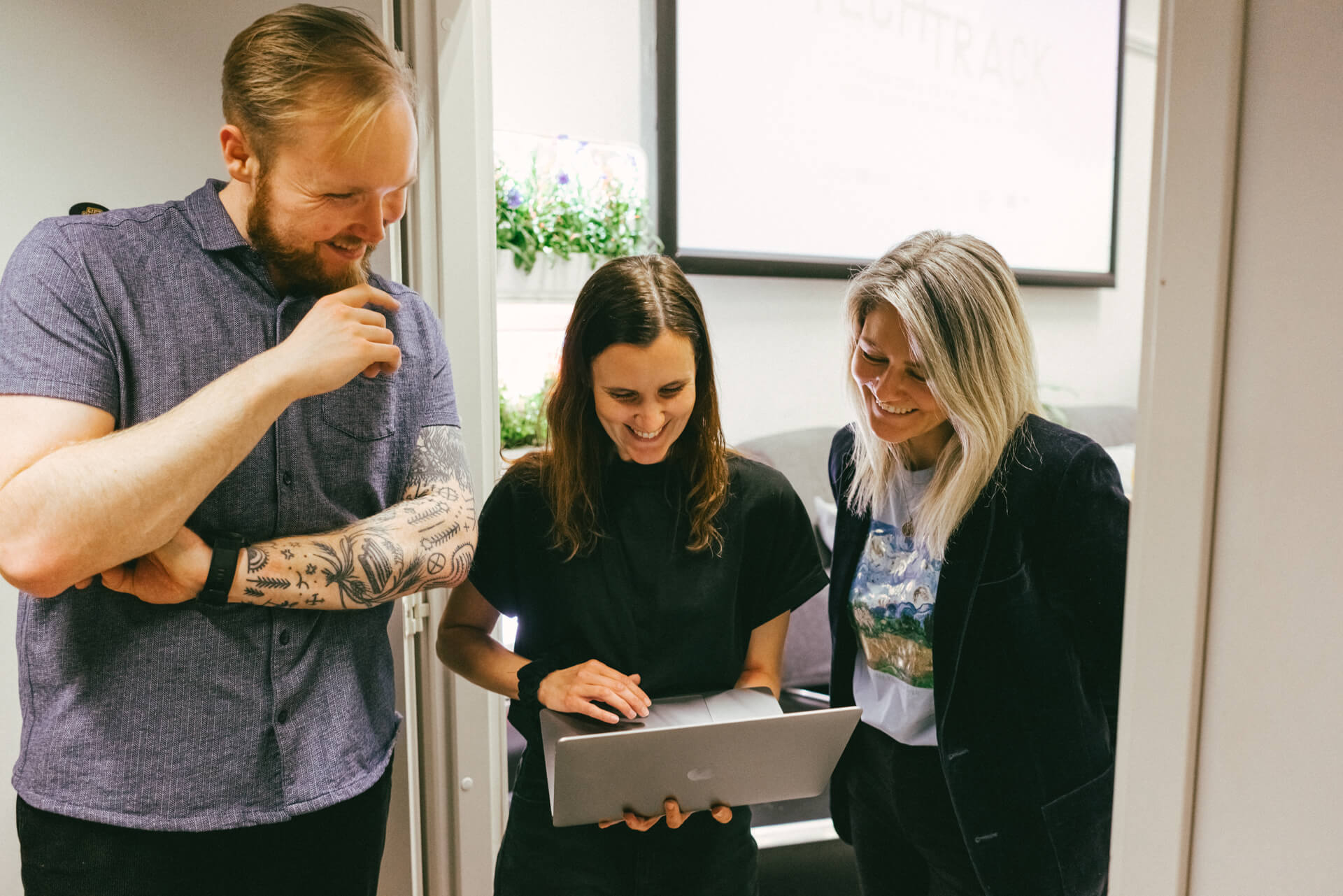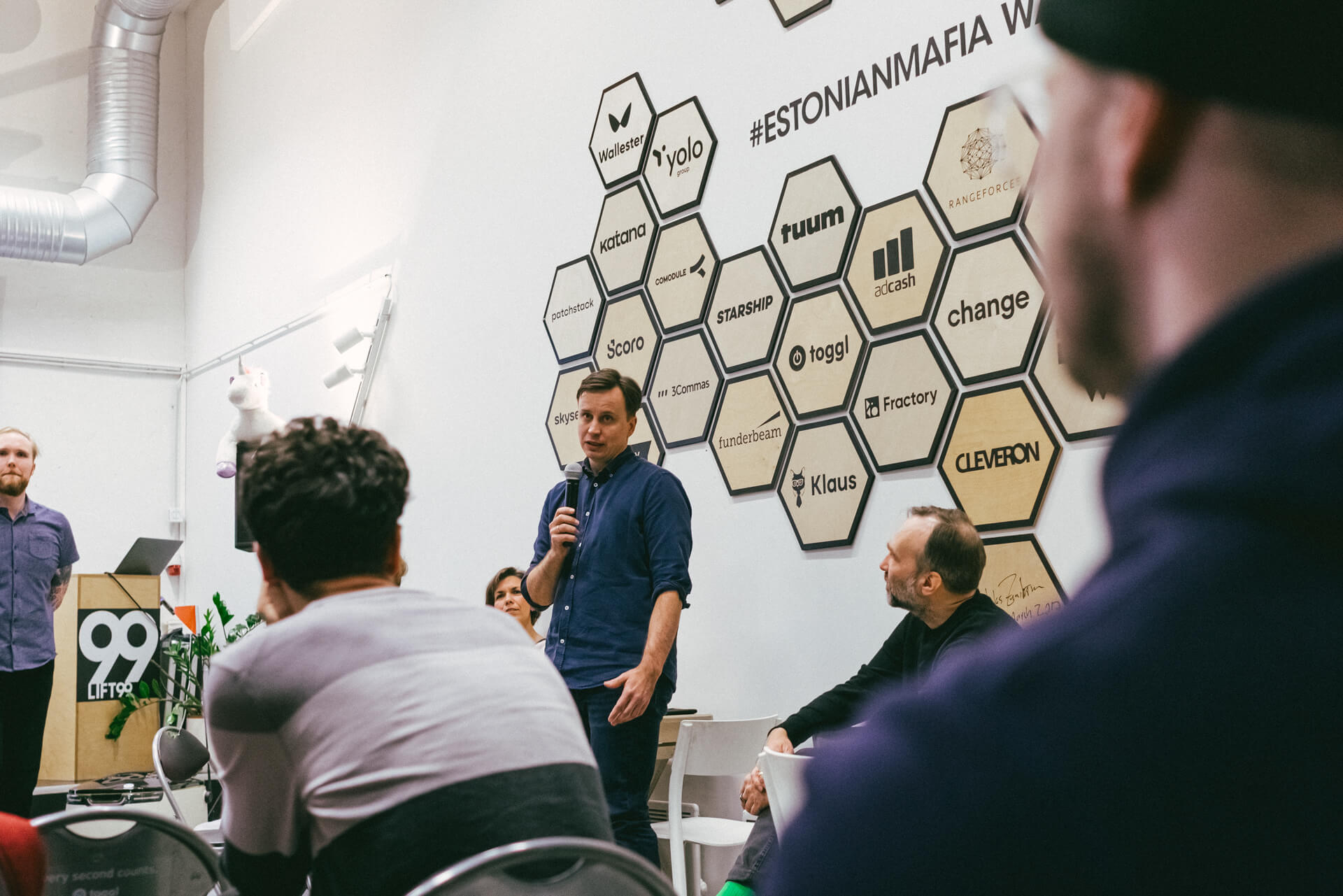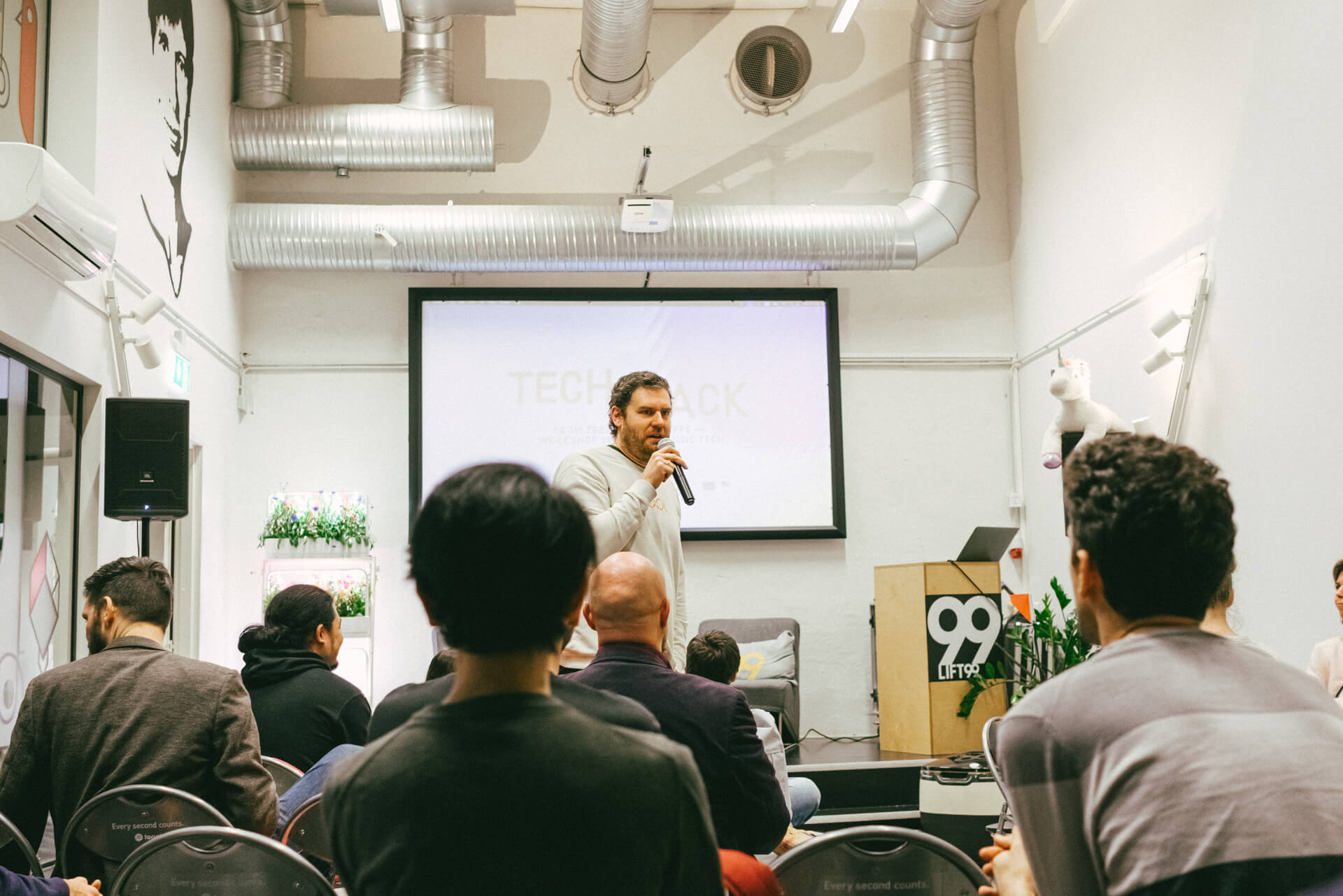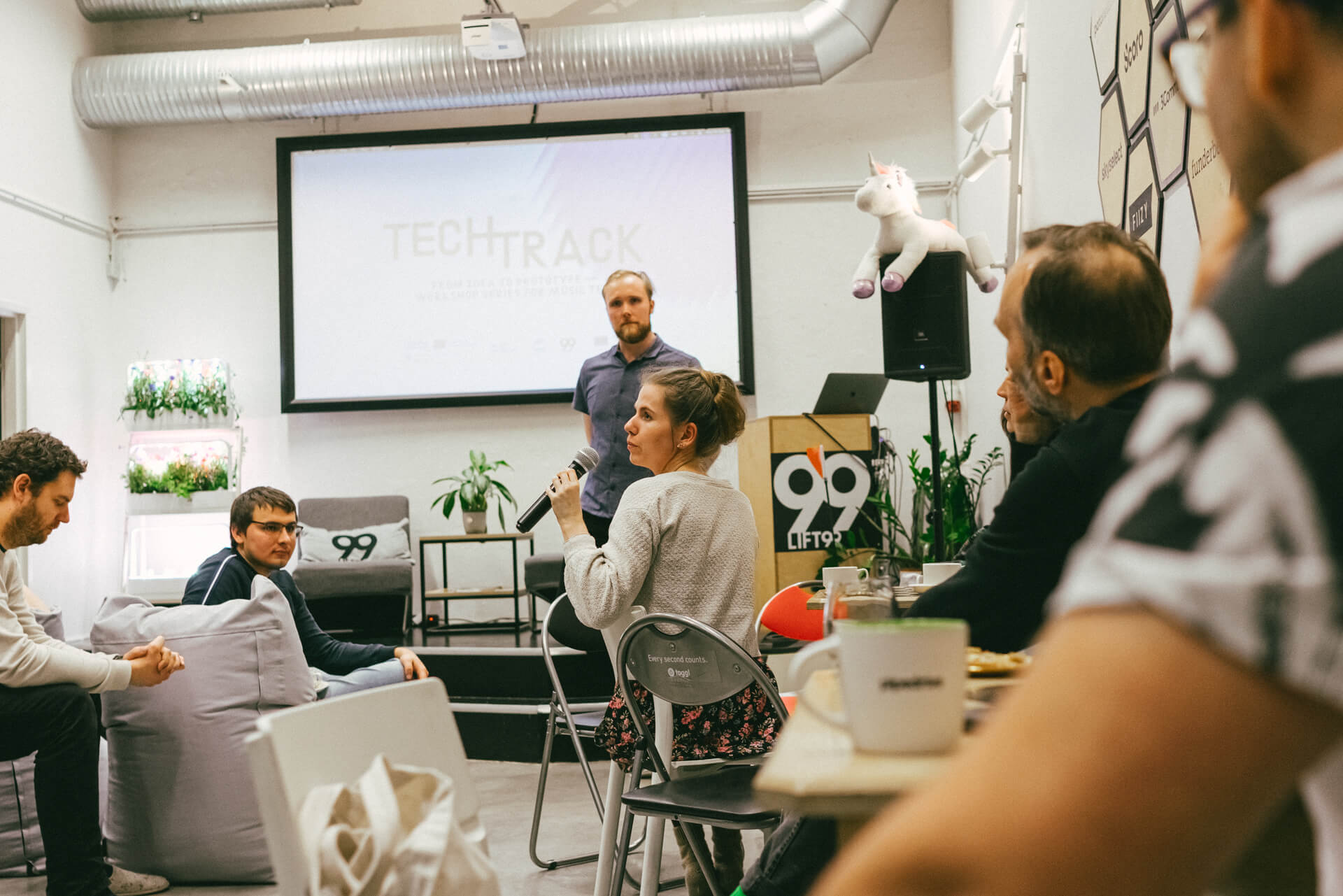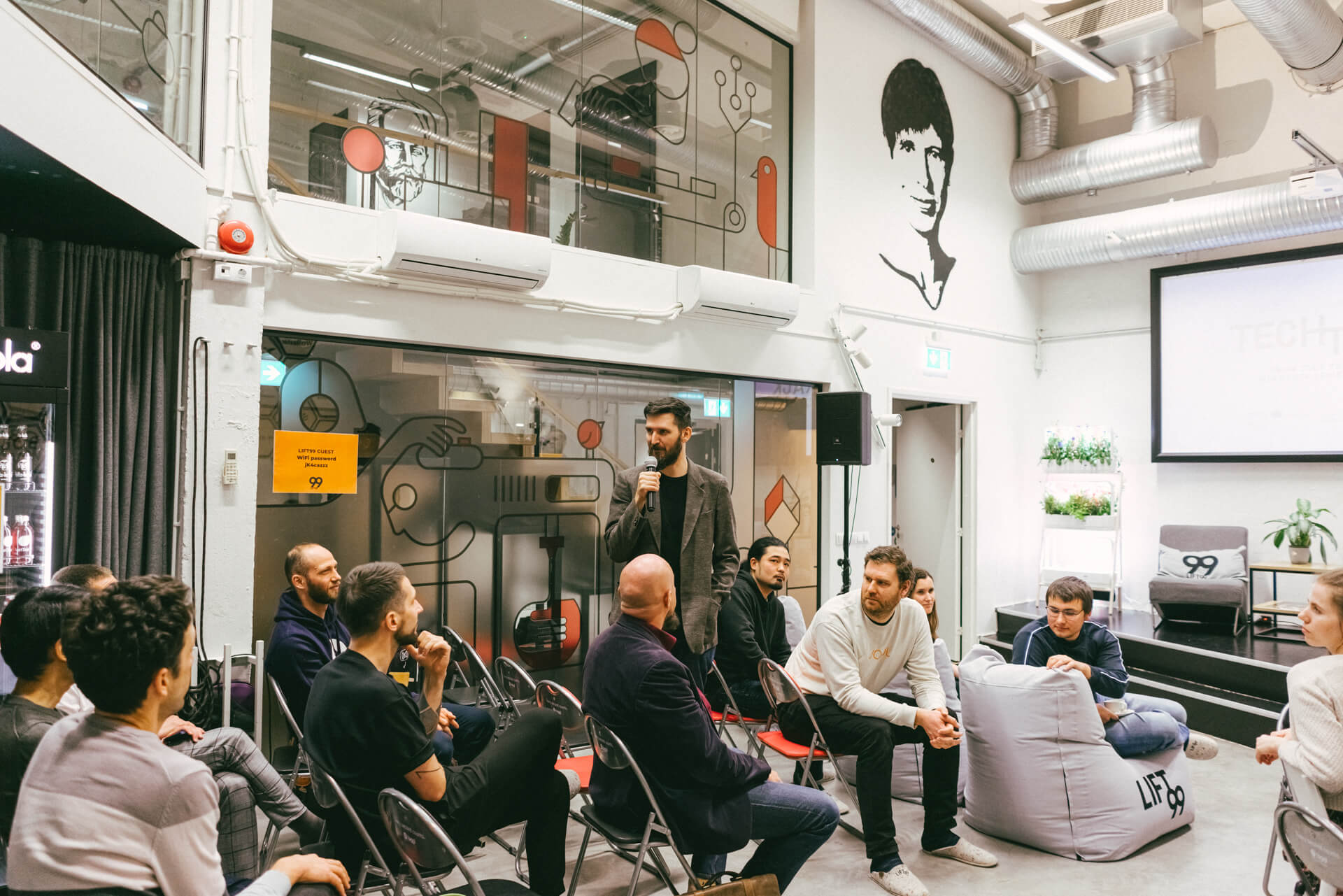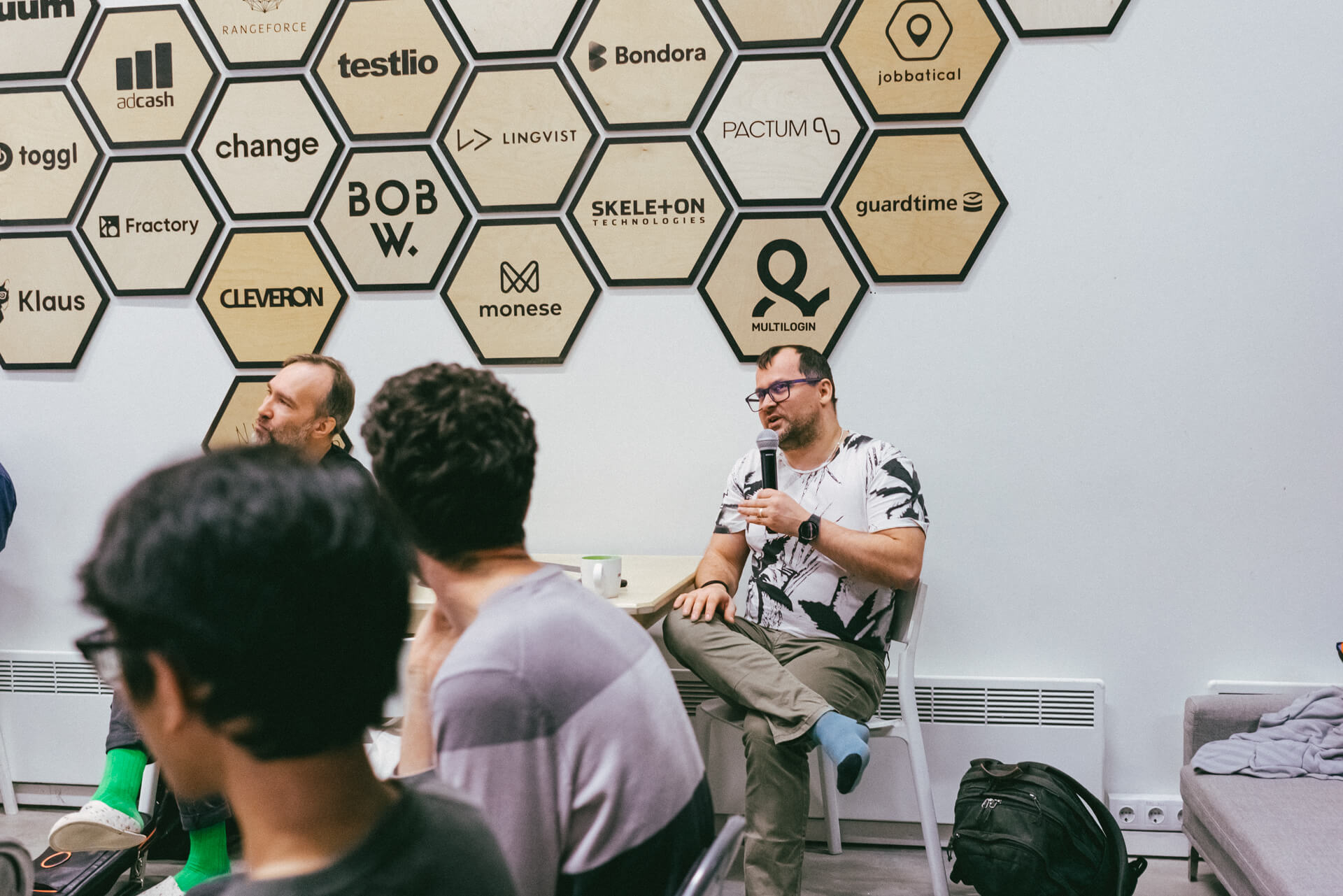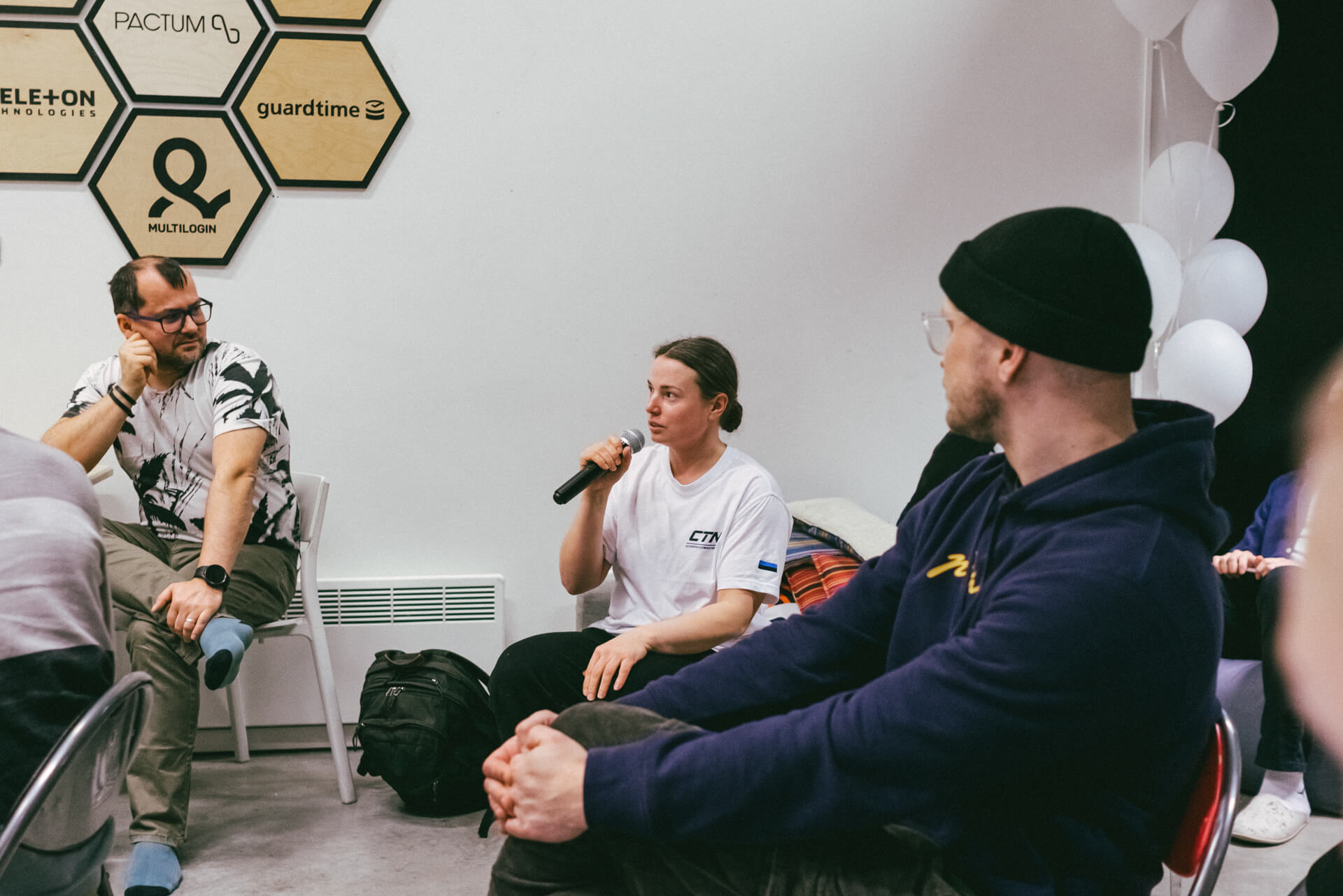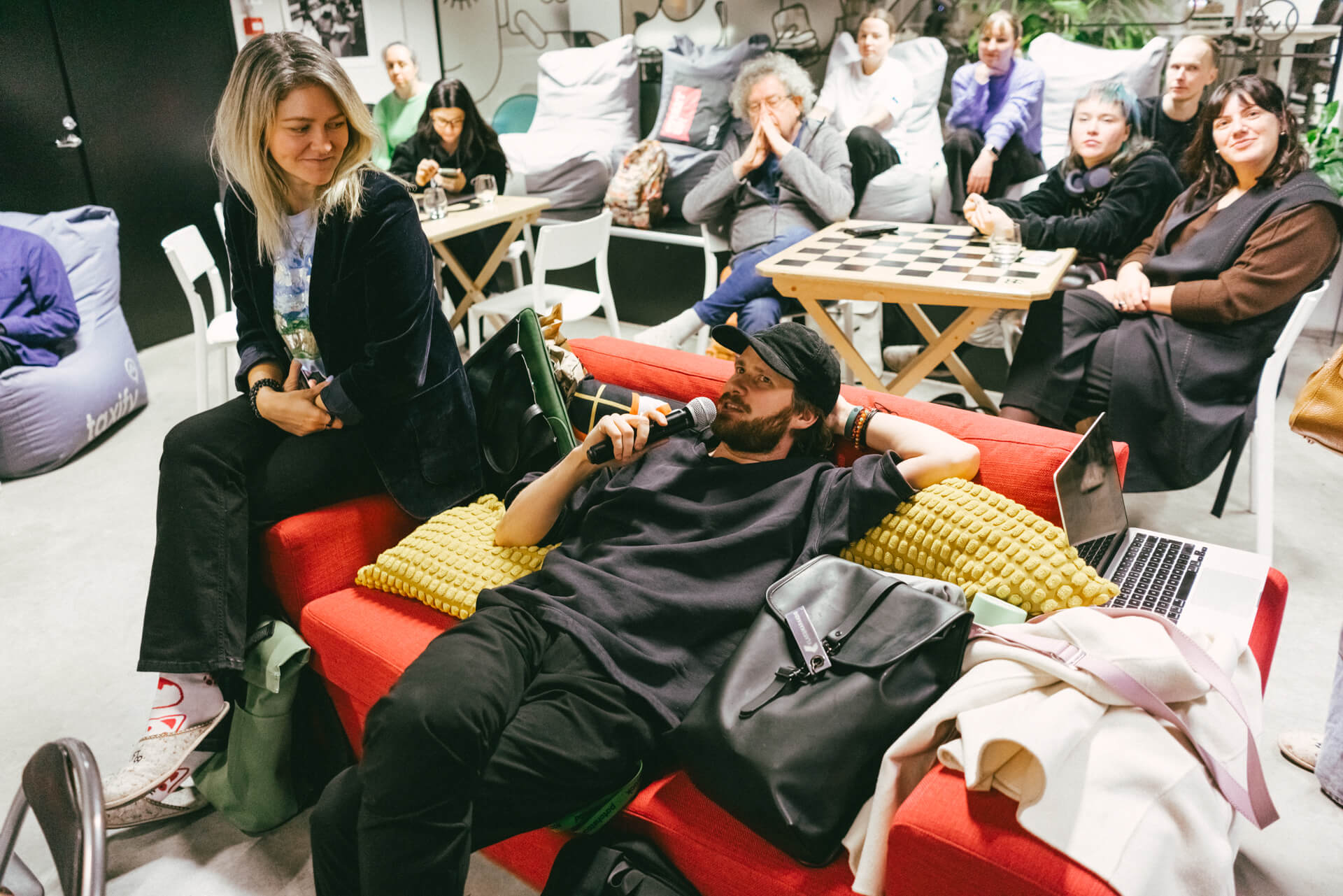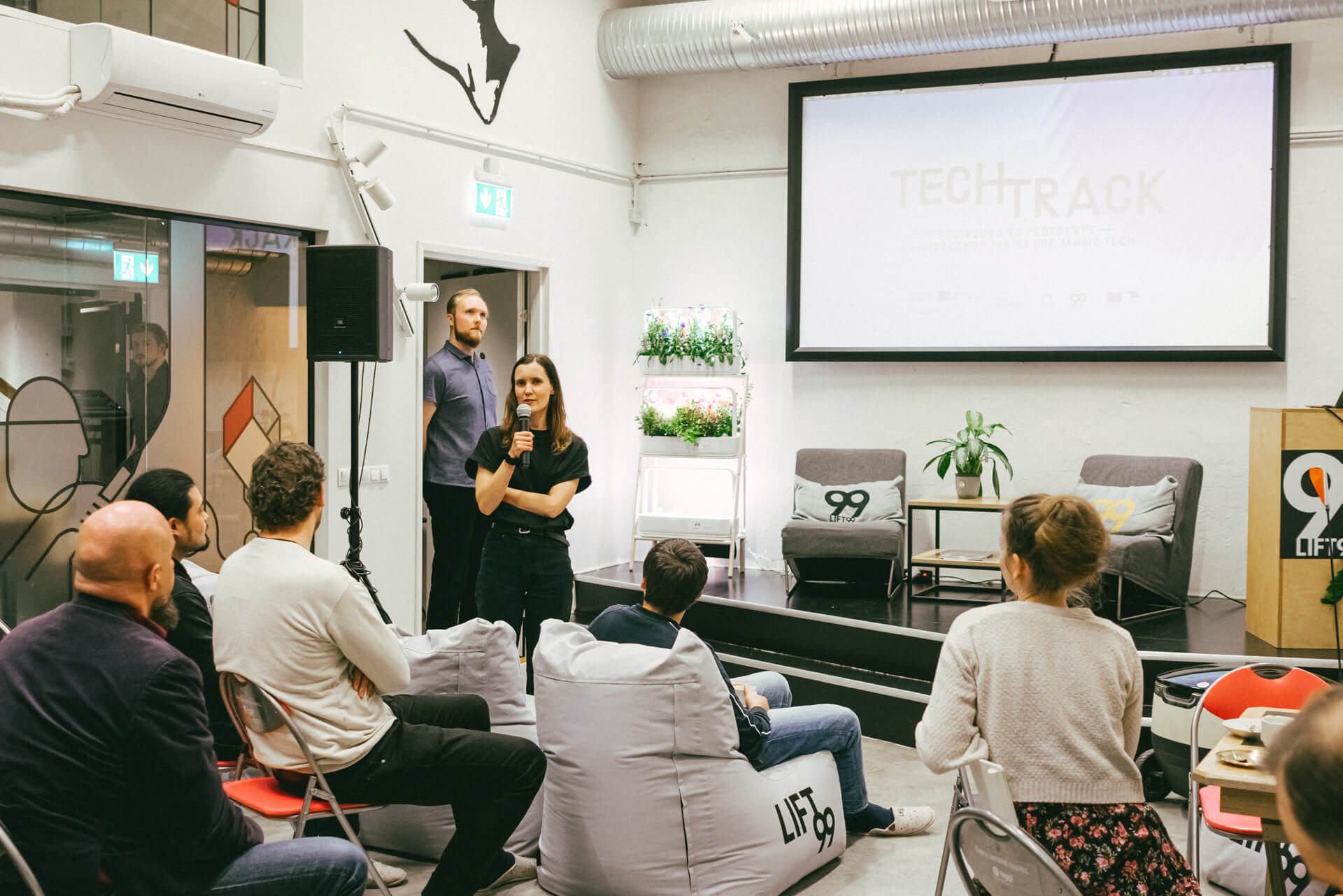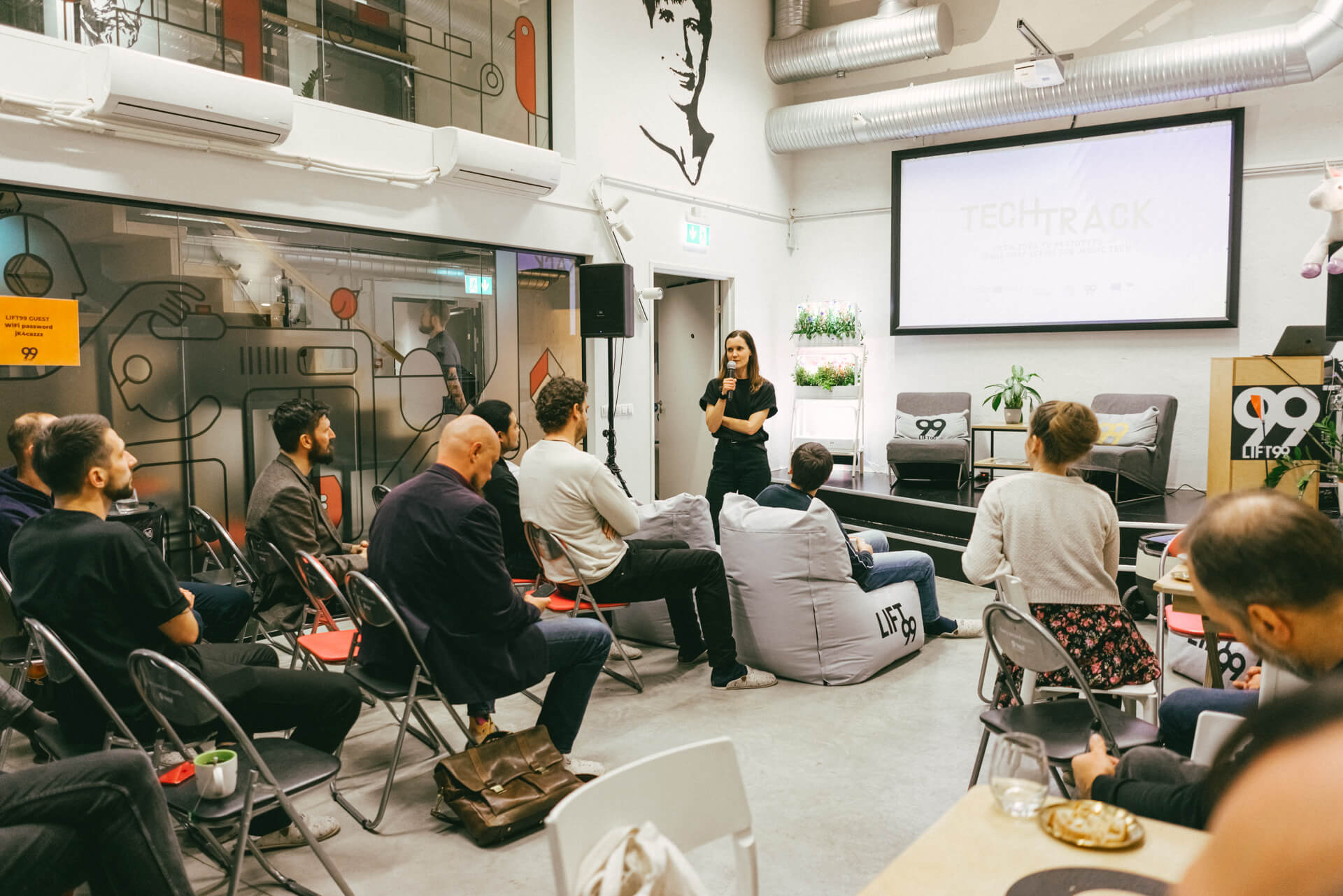🚀 We gathered again in Lift99 for the second session of the TechTrack workshop series, bringing together our music tech innovators for a deeper dive into concept development and prototyping. After a dynamic start in Session 1, where ideas were born, Session 2 was all about shaping those ideas into viable projects, building teams, and setting the groundwork for future prototypes.
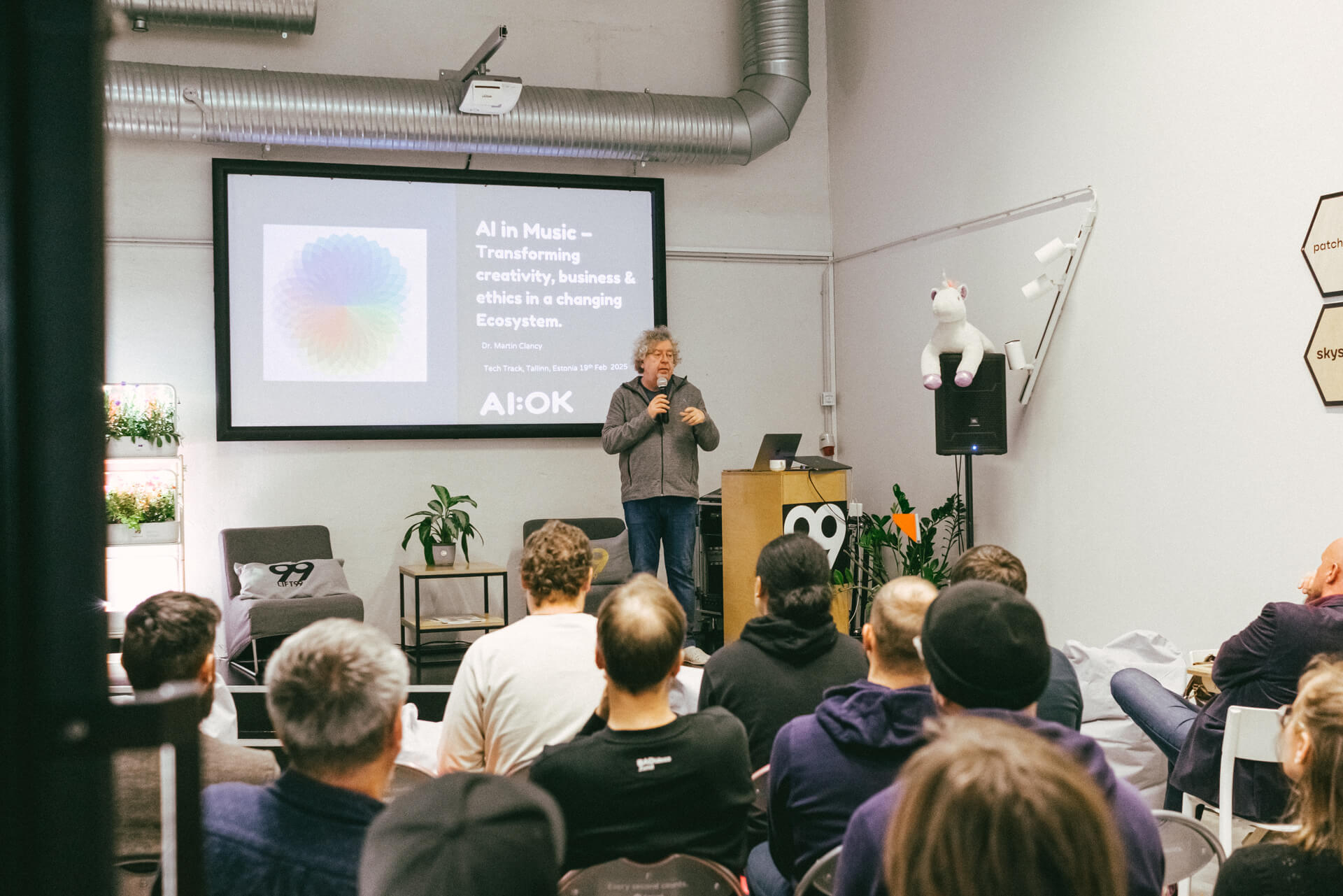
What Happened at Session 2?
The afternoon started with a thought-provoking keynote by Dr. Martin Clancy, Founder at AI:OK, who spoke on “AI in Music: Transforming Creativity, Business, and Ethics in a Changing Ecosystem.” His keynote highlighted how AI is not just a tool for automation but a force for creative and ethical evolution in the music industry. He tackled tough questions about balancing technological innovation with artist rights and ethical standards, offering practical insights for the emerging startups in the room.
The keynote set the stage for a busy day. Participants had 90 seconds each to present their ideas and rally teammates. Once teams were formed, we moved into hands-on concept development sessions, supported by our amazing mentors. These work sessions were where ideas started to solidify, with mentors offering invaluable guidance on strategy, technical feasibility, and market positioning.
After a short break and mentor check-in, teams continued refining their ideas. The wrap-up session allowed each team to share their progress, gather feedback, and set clear goals for the next steps.
The 9 Teams and Their Ideas
Here are the innovative ideas that moved forward in Session 2:
- Audience Radar: An AI-driven solution using sensor technology to help music festival and club organizers analyze audience reactions and make data-driven decisions about artist bookings.
- Streamfinger: An interactive online concert platform that lets viewers take control of the experience by switching camera angles and exploring performances from different perspectives.
- Wireless Synth Control: I offers musicians wireless freedom by eliminating messy MIDI cables and allowing seamless control of multiple devices over Wi-Fi.
- ILO (Intelligent Live Operator): is a smart platform for live event management, offering automation and real-time monitoring to enhance live show production.
- Guitar Tone Recreator: Allows guitarists to recreate iconic tones from any track instantly, making legendary sounds accessible to everyone.
- Synchub: Streamlines music licensing by connecting creators with licensable music and simplifying the often complex licensing process.
- Musichool: A music education platform that connects learners with teachers, offering interactive lessons and building a vibrant learning community.
- FetchM Onetake: A music creation app designed for emerging markets, allowing offline use to overcome data limitations and provide creative tools anywhere.
- Smart Event Access: Hardware/software solution to replace traditional single-use wristbands at events, providing real-time tracking of attendees, offering organizers live visibility into ticket sales and entry/exit flow.
These projects showcased not only technological innovation but also a clear focus on real-world challenges and market needs, from enhancing live events to providing educational opportunities and streamlining industry processes.
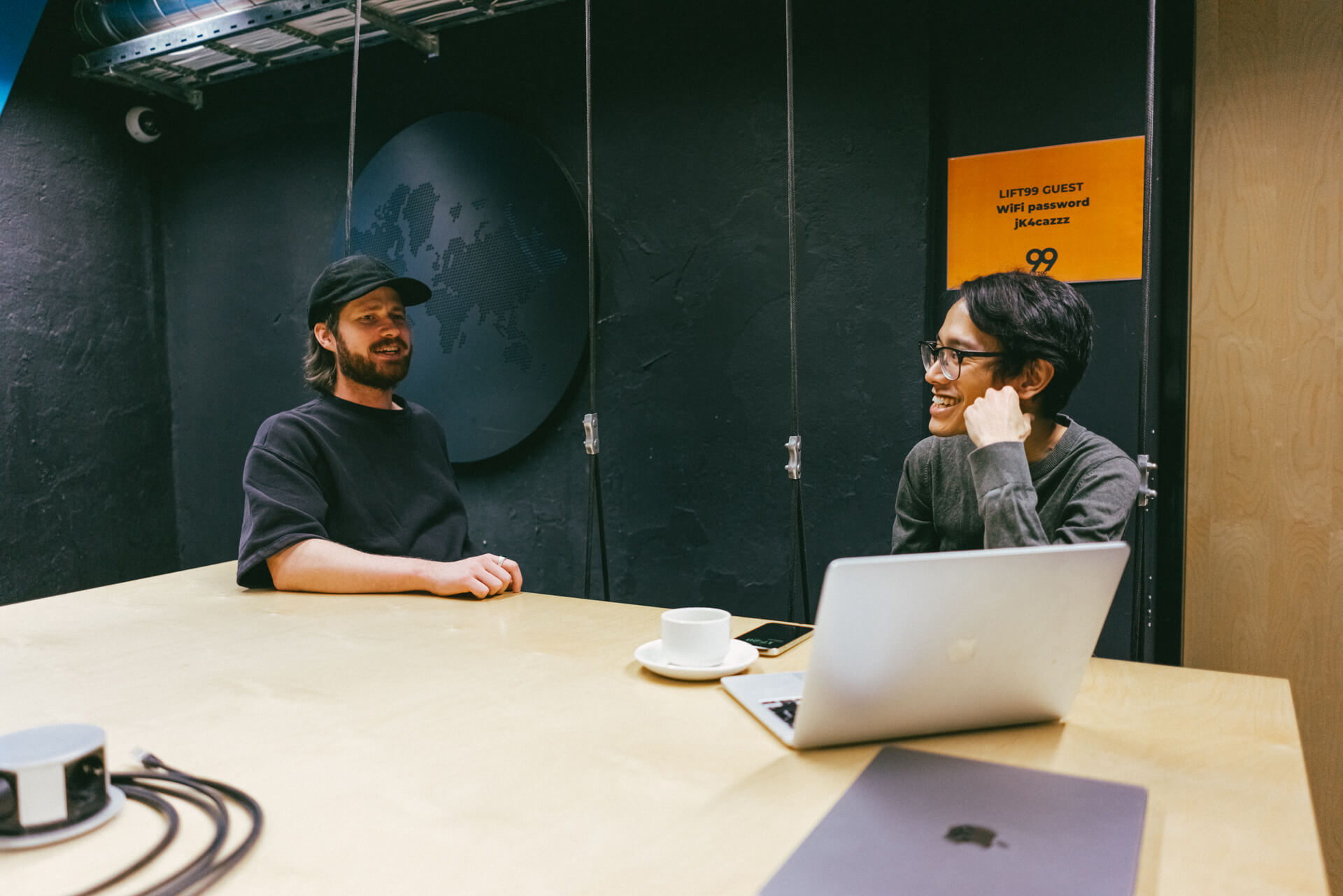
Key Learnings from the Session
The feedback round was overwhelmingly positive – a recurring theme was the value of external validation and diverse perspectives in refining initial ideas, moving teams beyond working in isolation. Many teams highlighted gaining clarity on target audiences, go-to-market strategies, and the need to prioritize development steps. Mentors emphasized the importance of iterating on ideas, not getting fixated on initial concepts, and focusing on taking manageable steps to build and launch products.
Key learnings that helped the teams move forward were:
- Validate Your Idea: External feedback helps identify blind spots and refine concepts. Diverse perspectives are crucial.
- Know Your Audience: Defining the target audience and crafting a go-to-market strategy early on sets the stage for a strong product launch.
- Take It Step by Step: Break ambitious projects into smaller milestones. Focus on building a Minimum Viable Product (MVP) to test assumptions quickly.
- Stay Open to Change: The best ideas often evolve. Teams learned the importance of iterating on initial concepts rather than sticking rigidly to the first version.
- Collaborate and Build Community: The power of collaboration was a major theme, with teams finding new directions and fresh energy through shared insights.
- Storytelling Matters: Clearly communicating the problem your product solves and the value it brings is essential for gaining support and traction.
- Test Early with Real Users: Client testing can provide critical insights, helping teams refine their products with real-world feedback.
- Focus on Execution: Great ideas need consistent action. The session emphasized task management and actionable next steps.
- Think About Legalities: Especially in AI and music licensing, considering legal and data aspects early can prevent roadblocks later.
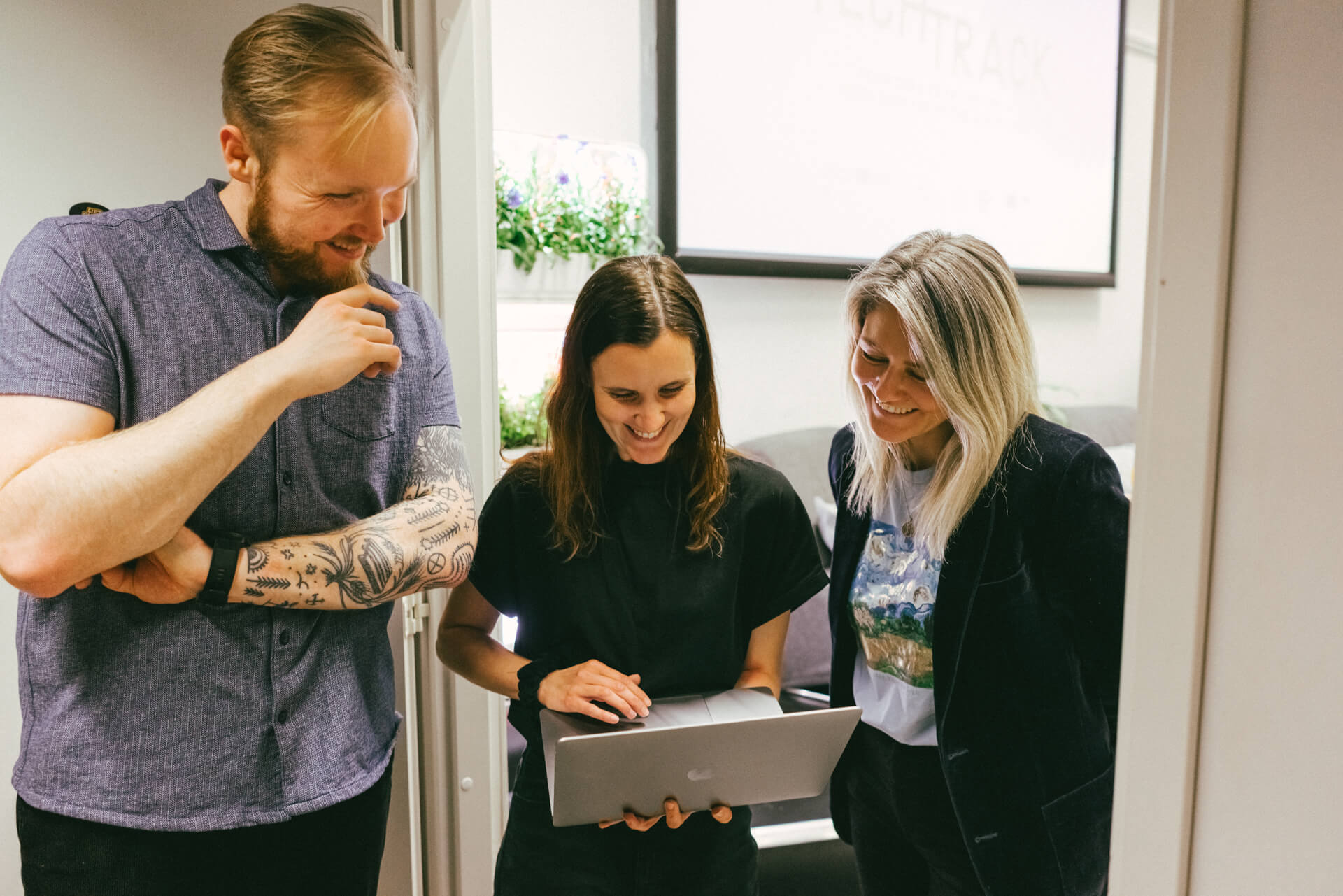
What’s Next? Looking Forward to Session 3!
With momentum building, Session 3 will focus on prototyping and preparing for the final pitch event. Teams will continue working on their concepts, with a sharper focus on building functional prototypes and honing their pitches.
We can’t wait to see how these ideas evolve! If you’re involved, make sure to take the insights from this session into your next steps. And if you’re following along, stay tuned for more updates as we get closer to showcasing the future of music technology at the final pitching at Tallinn Music Week! 🚀🔥

